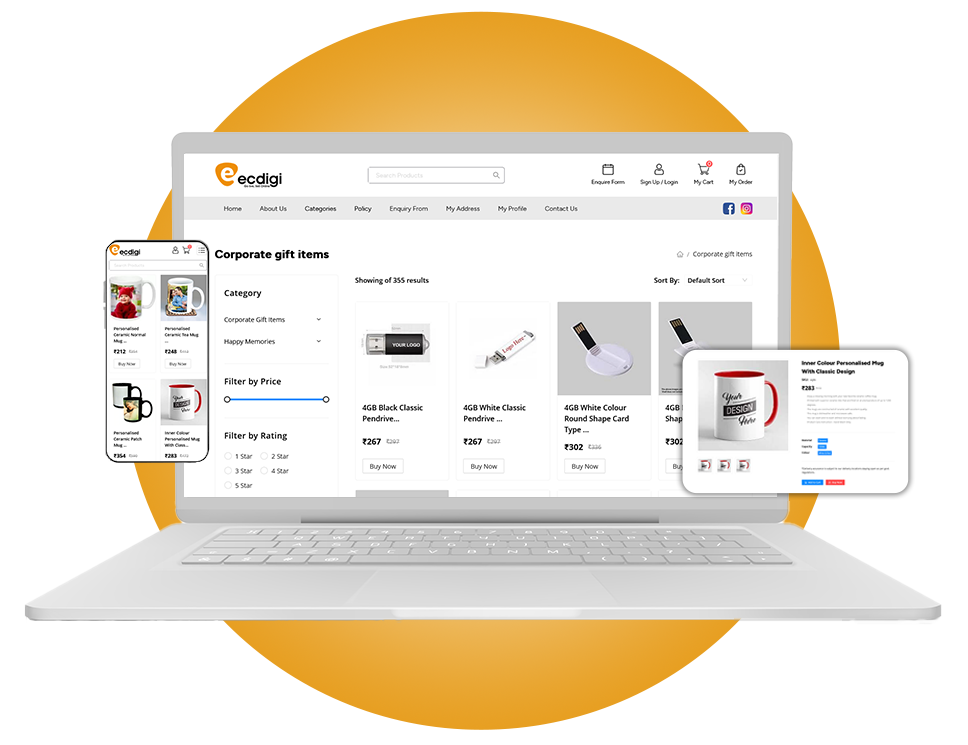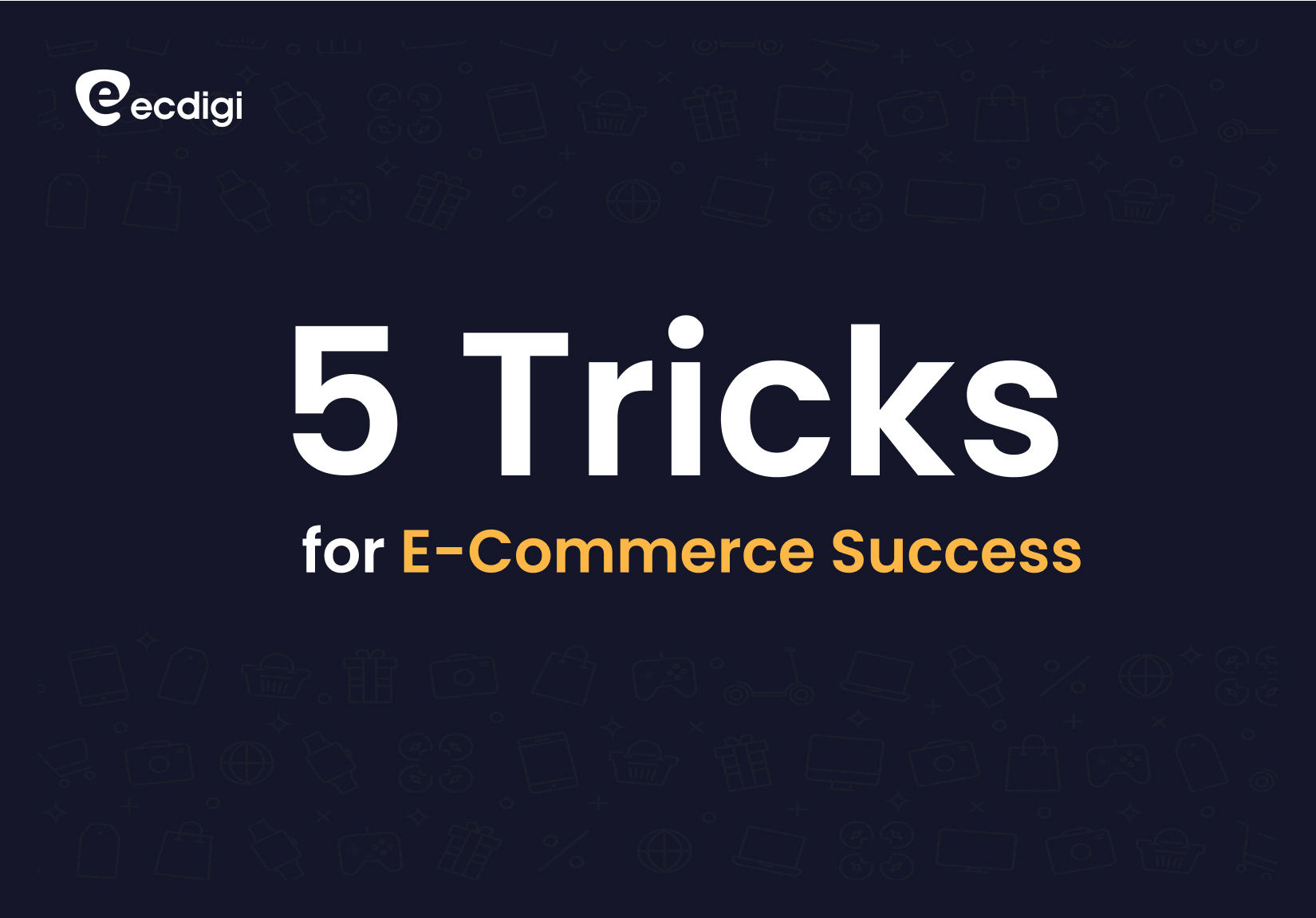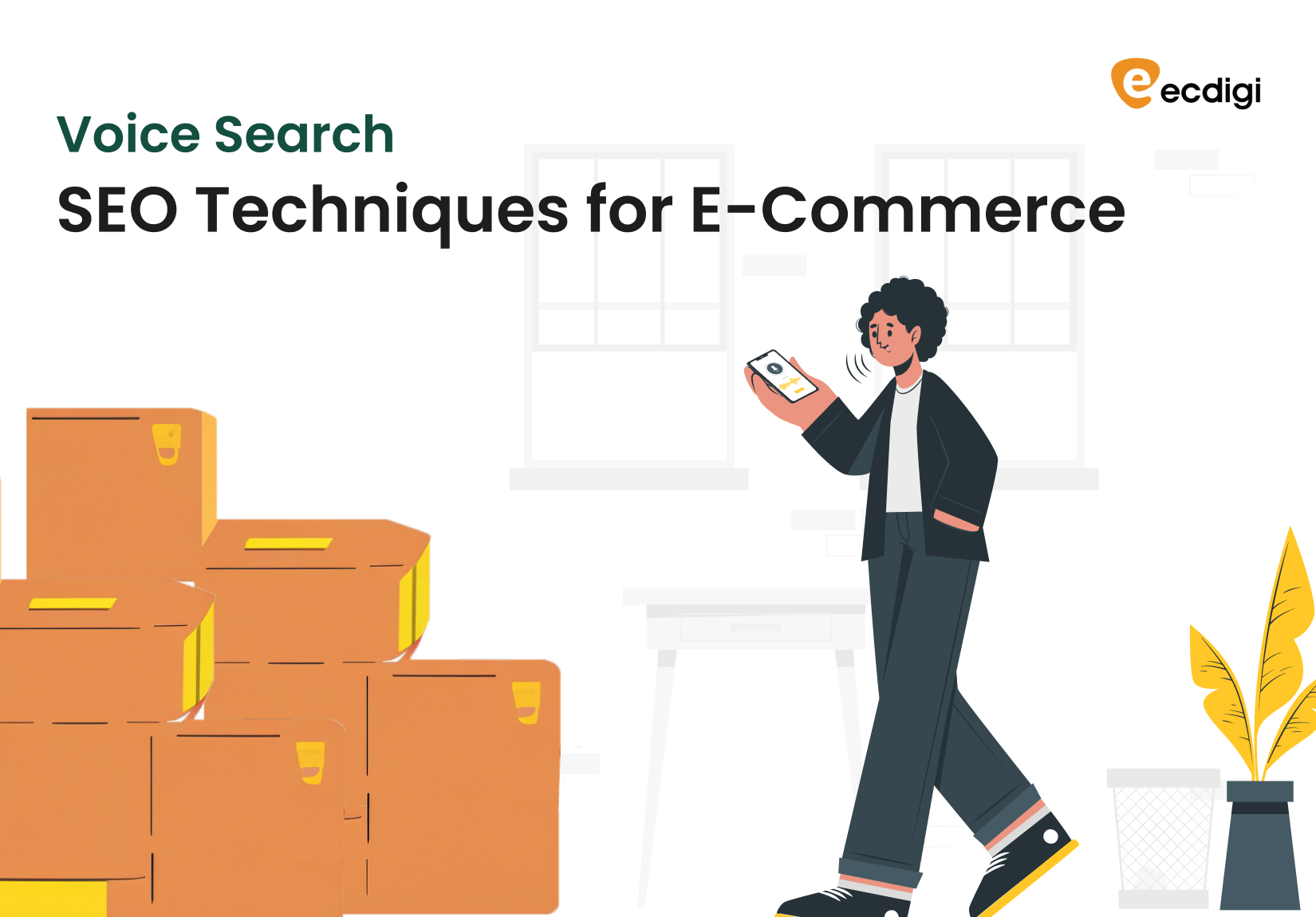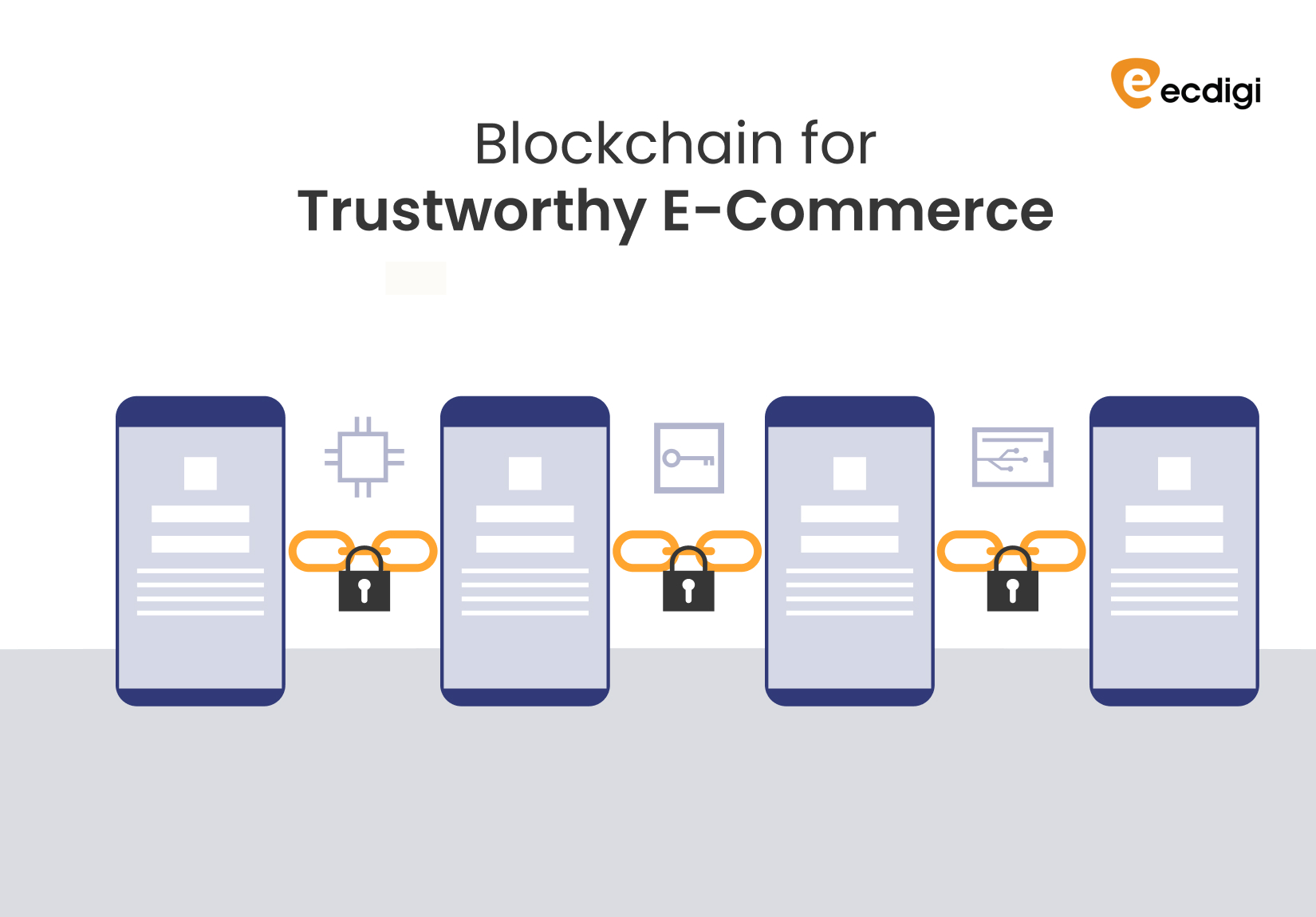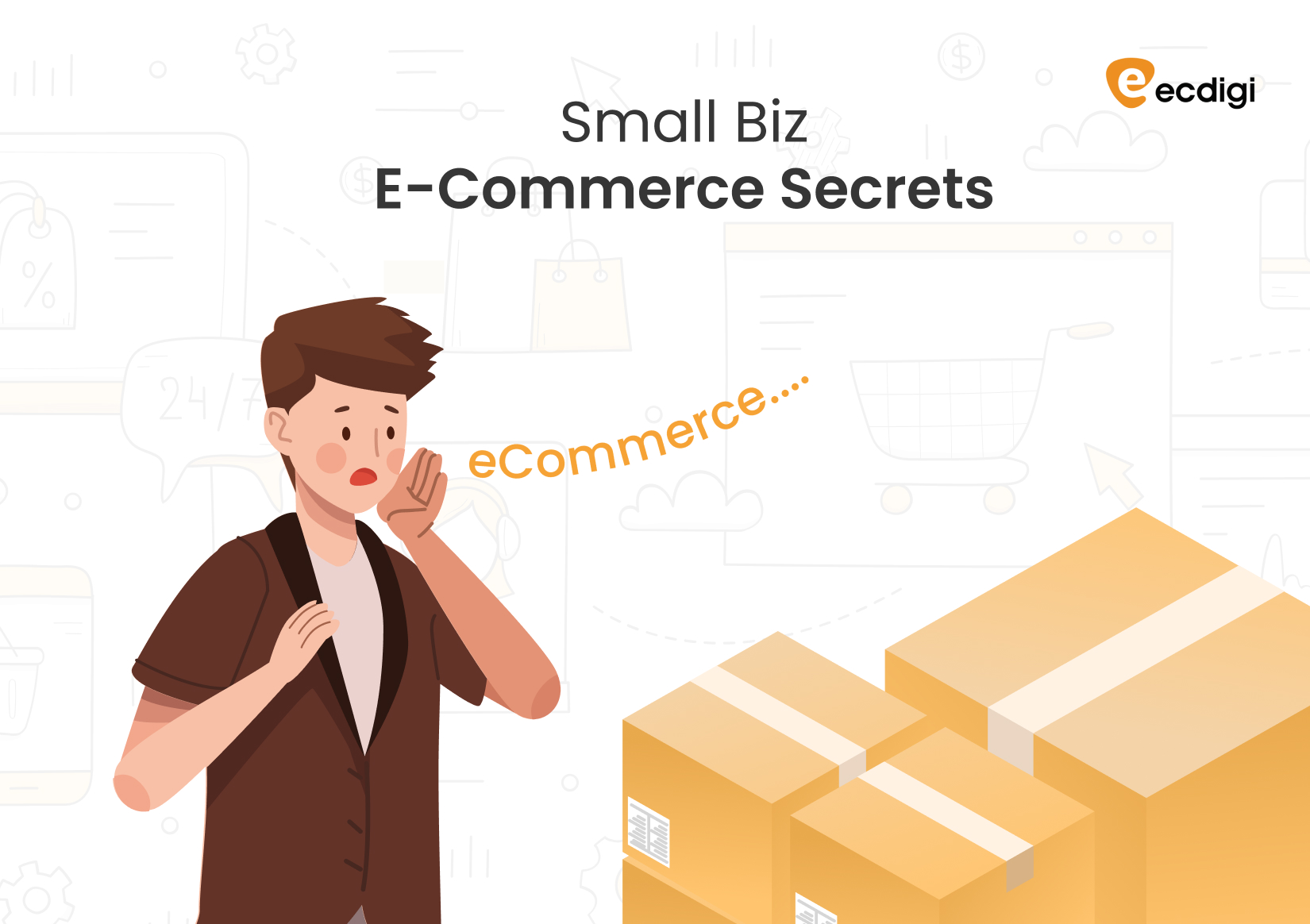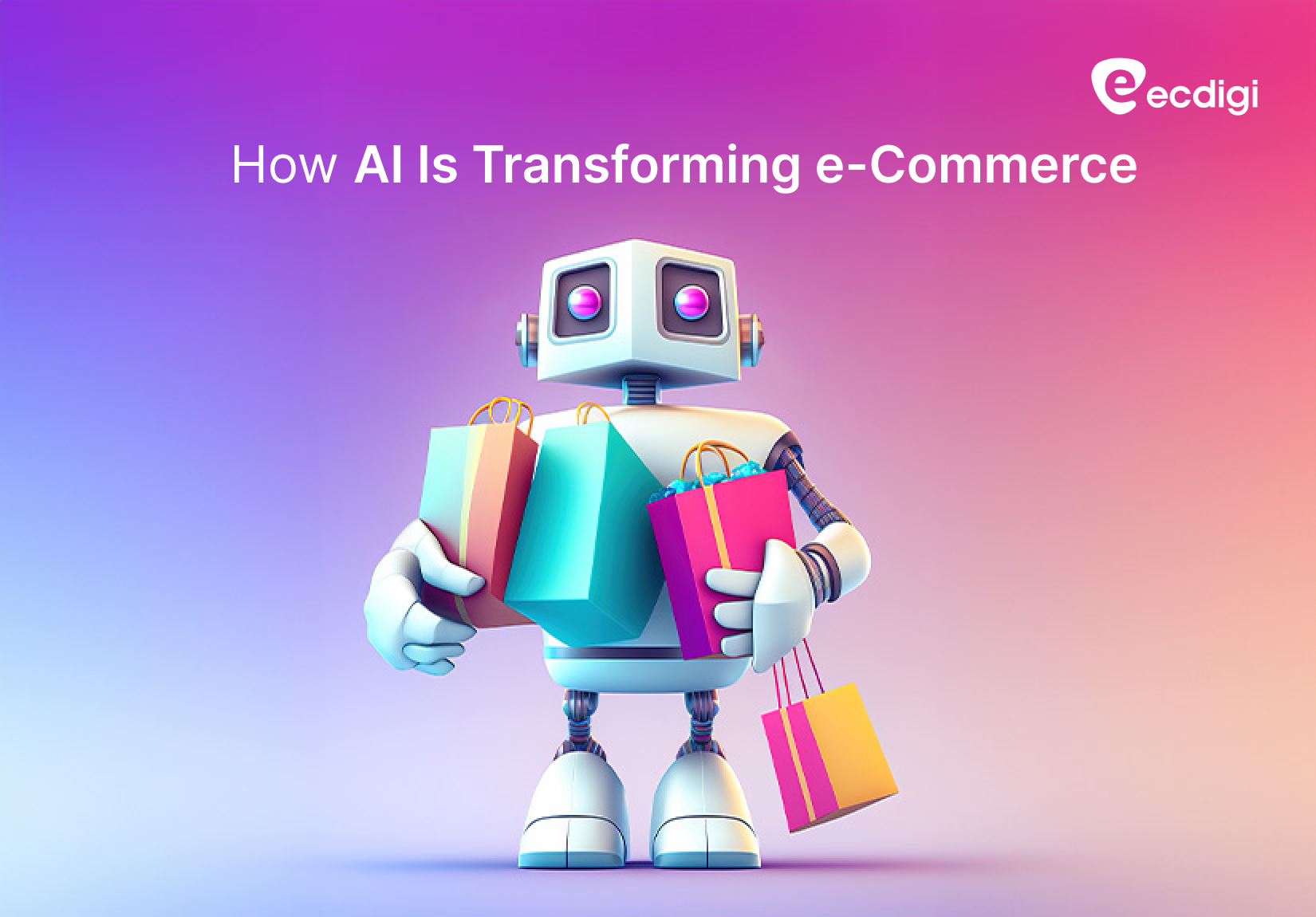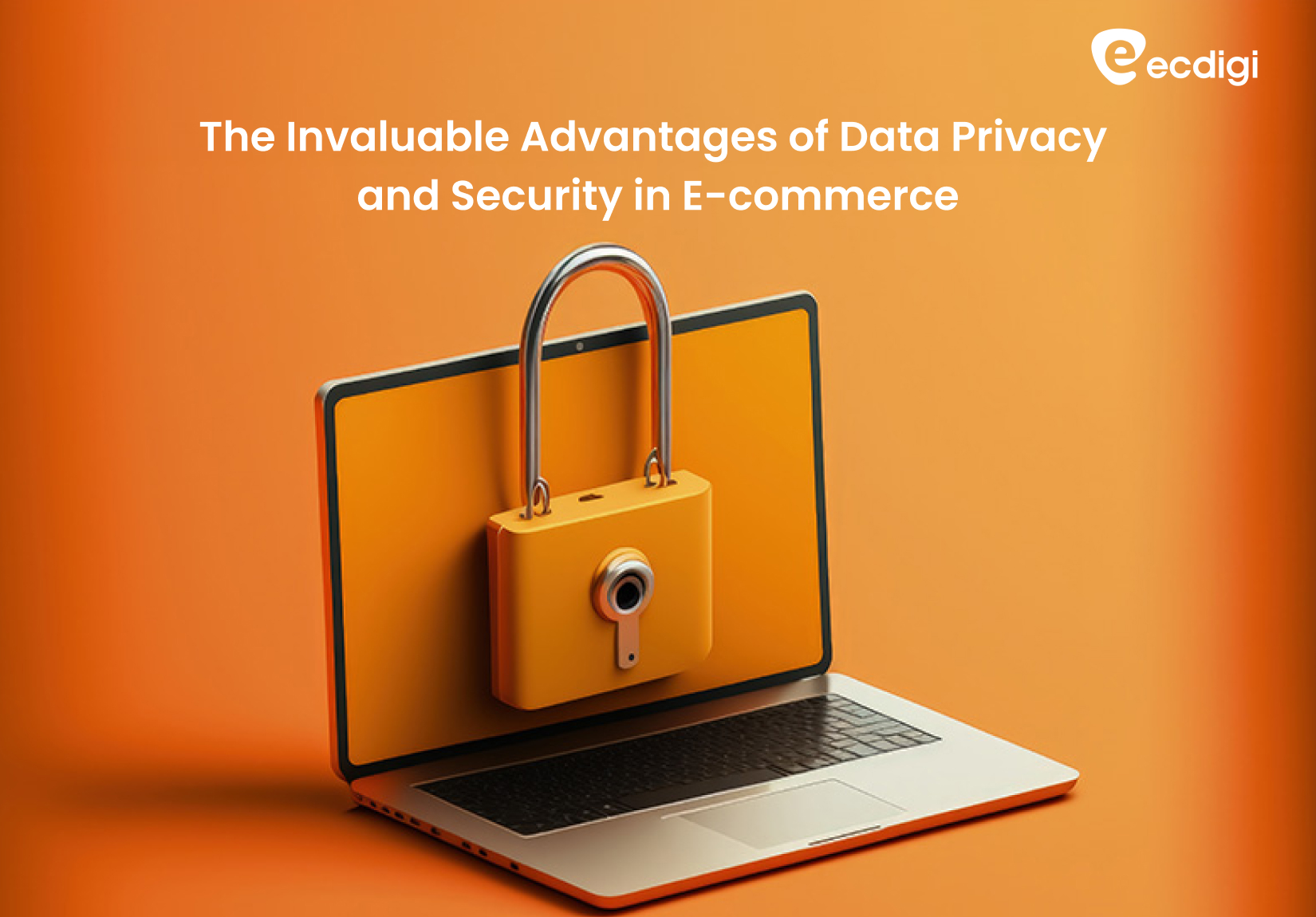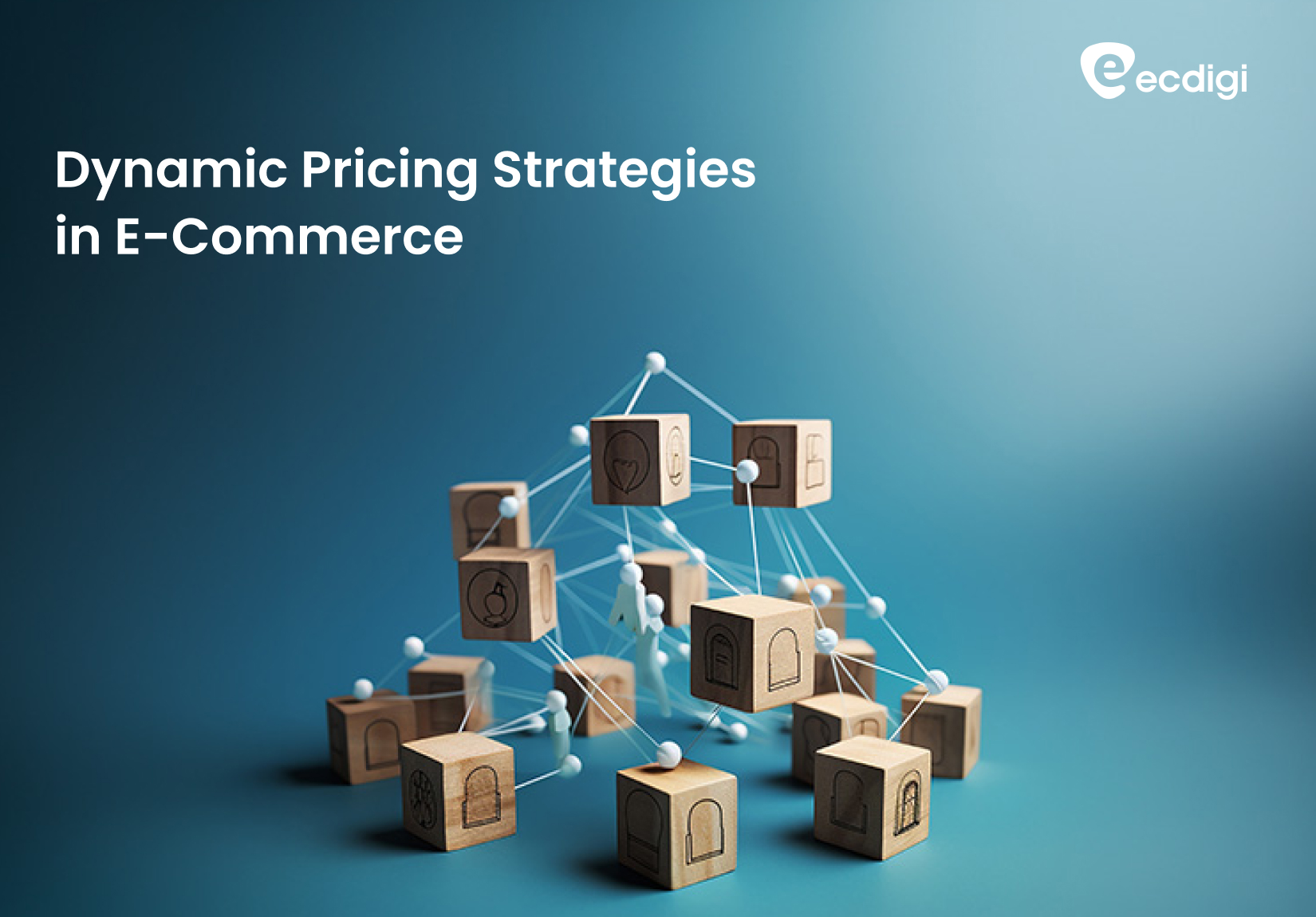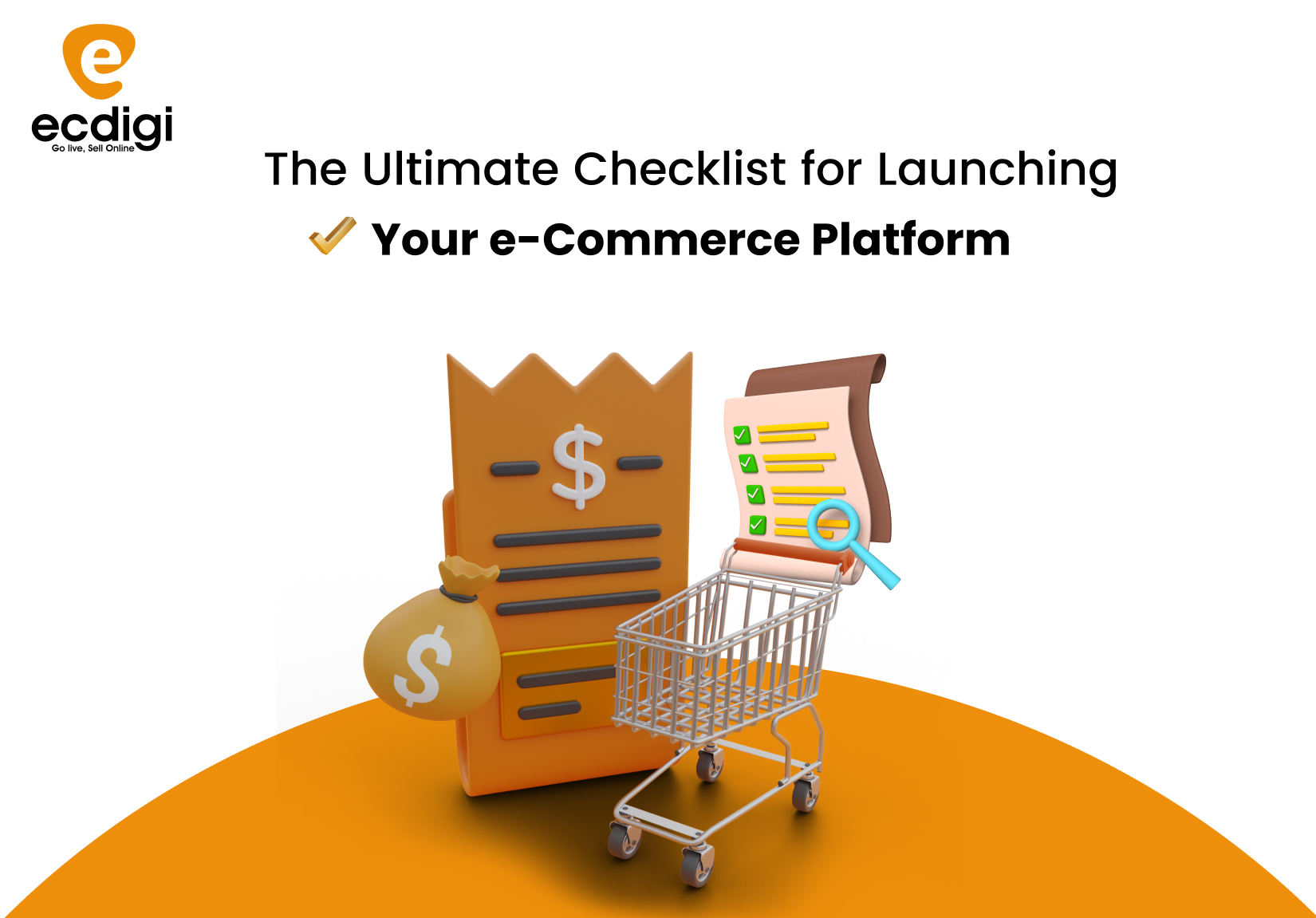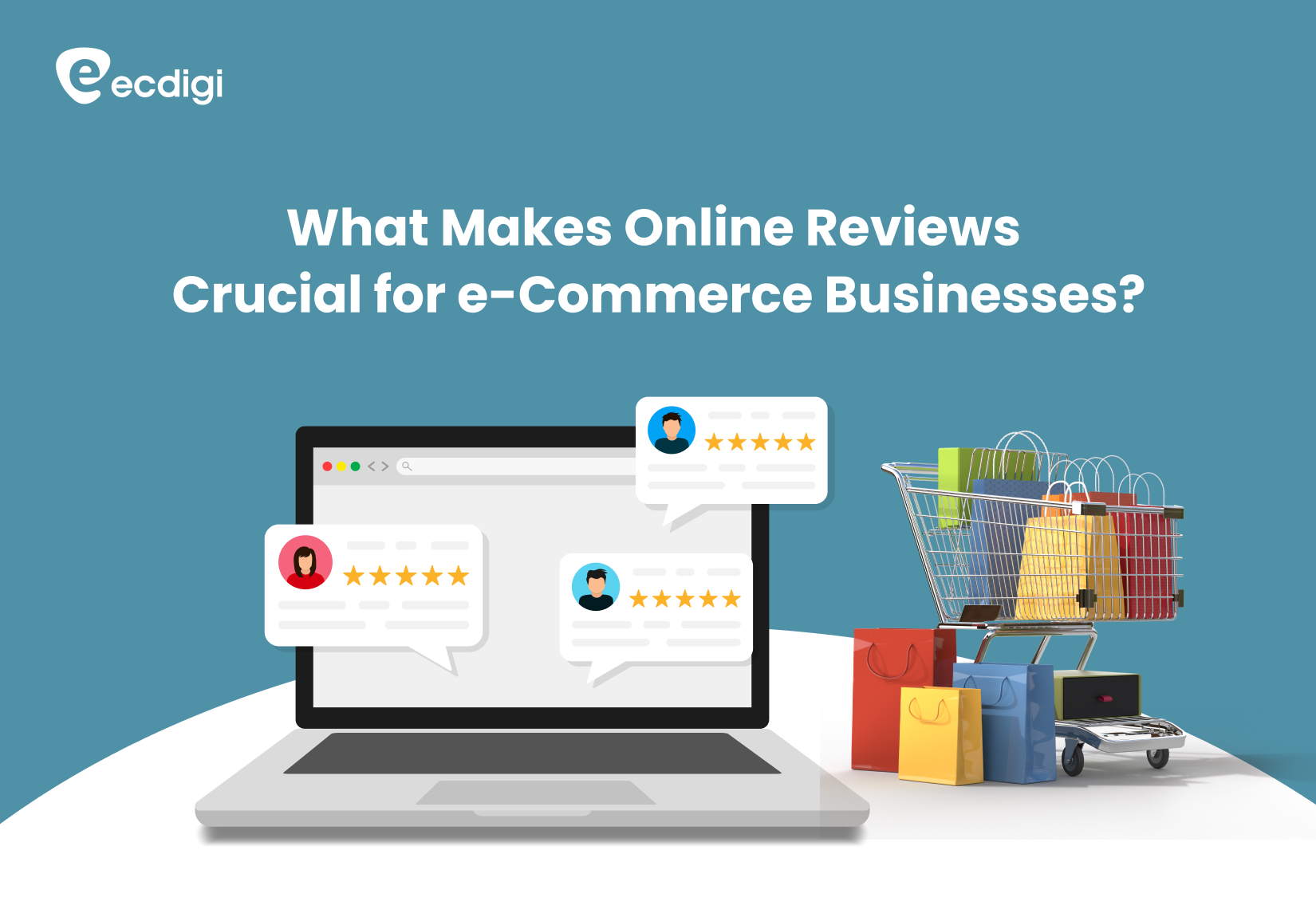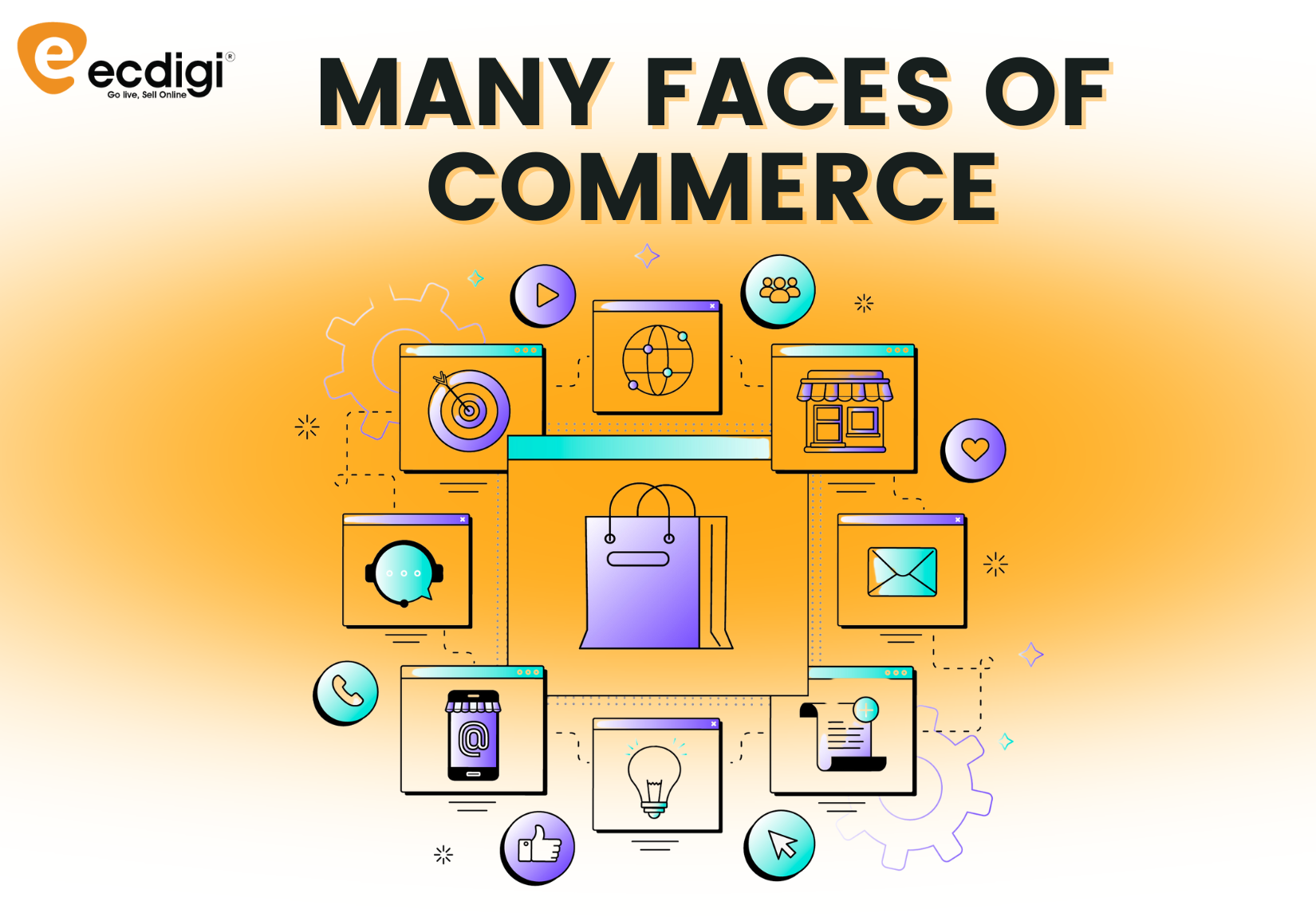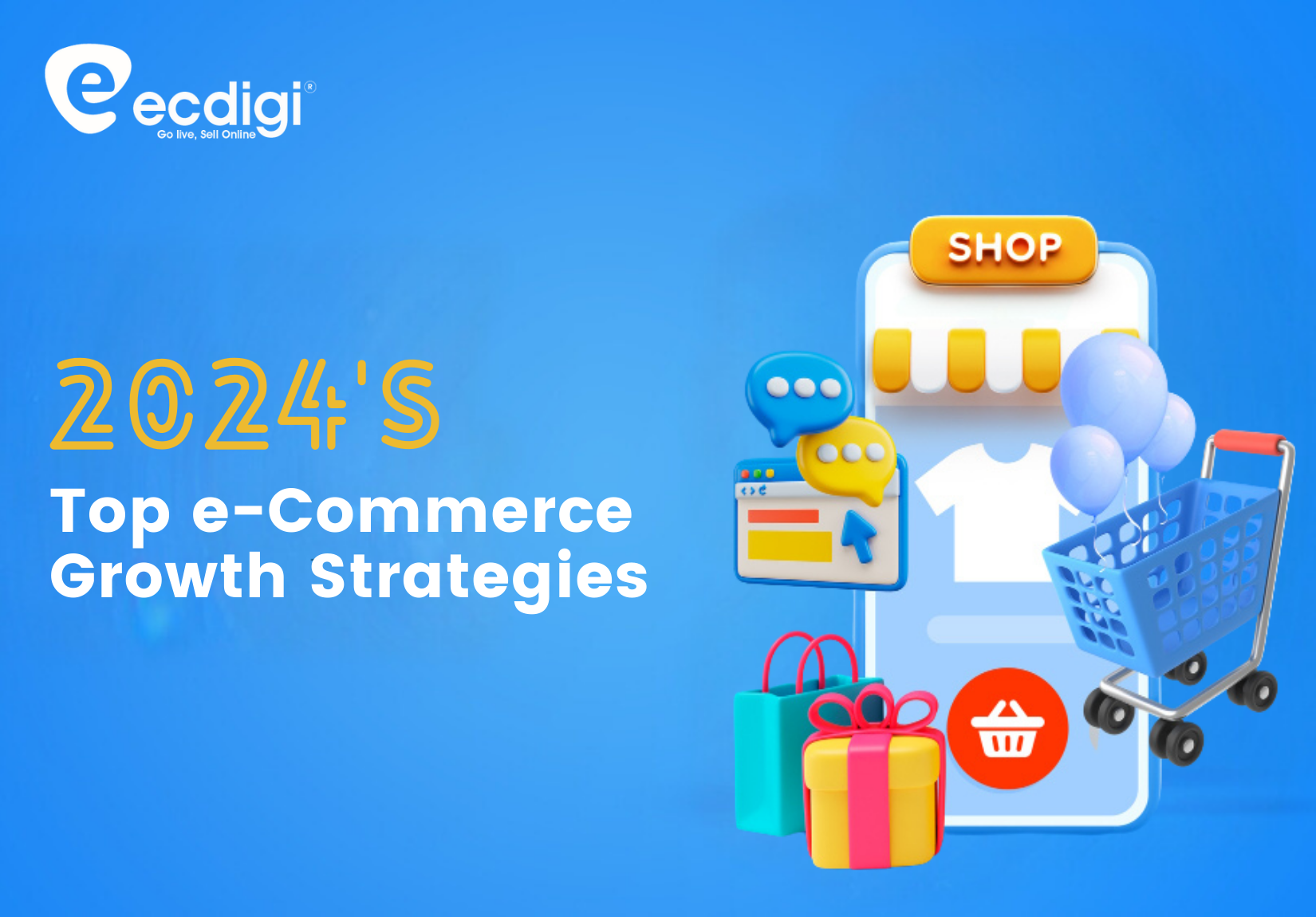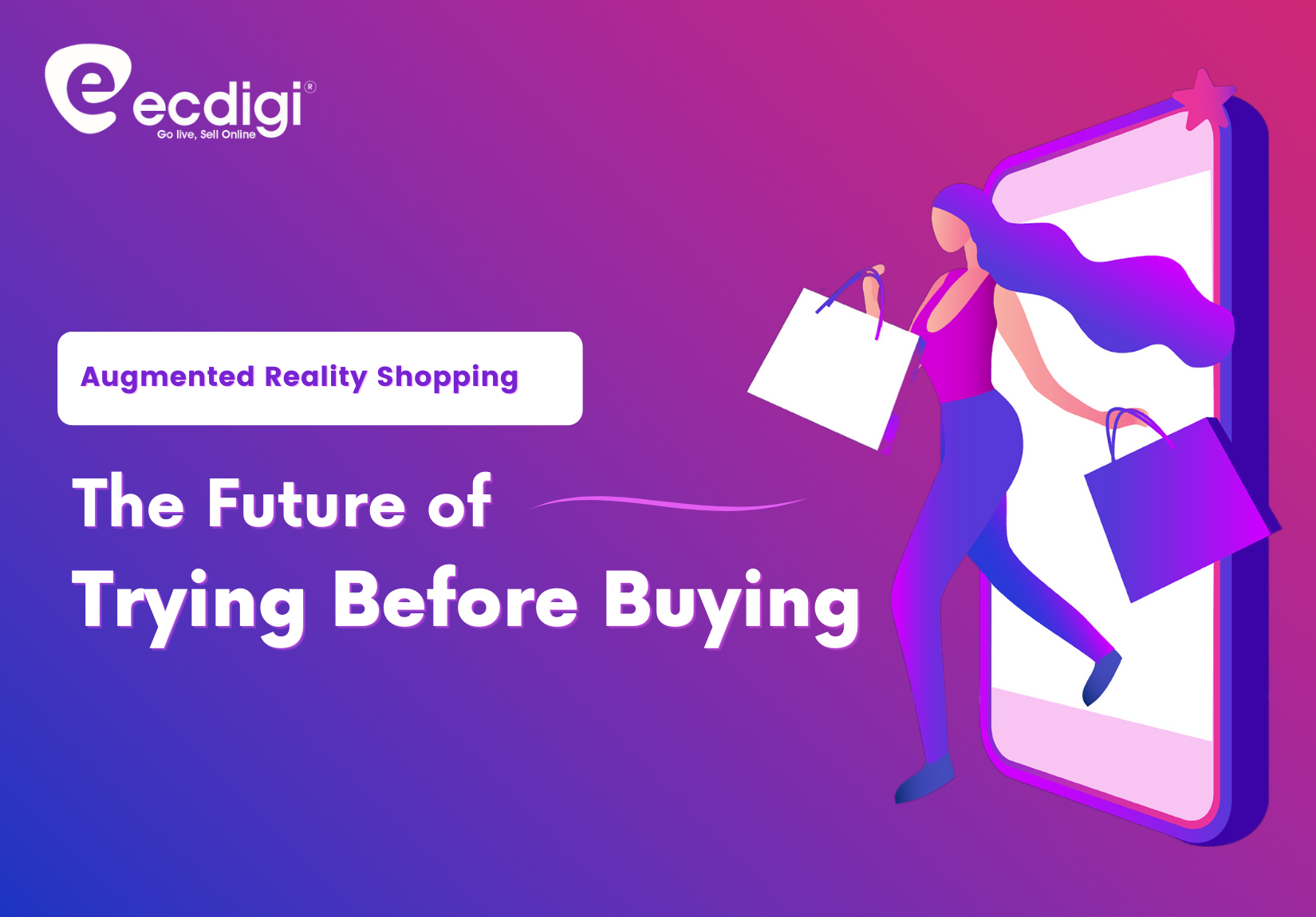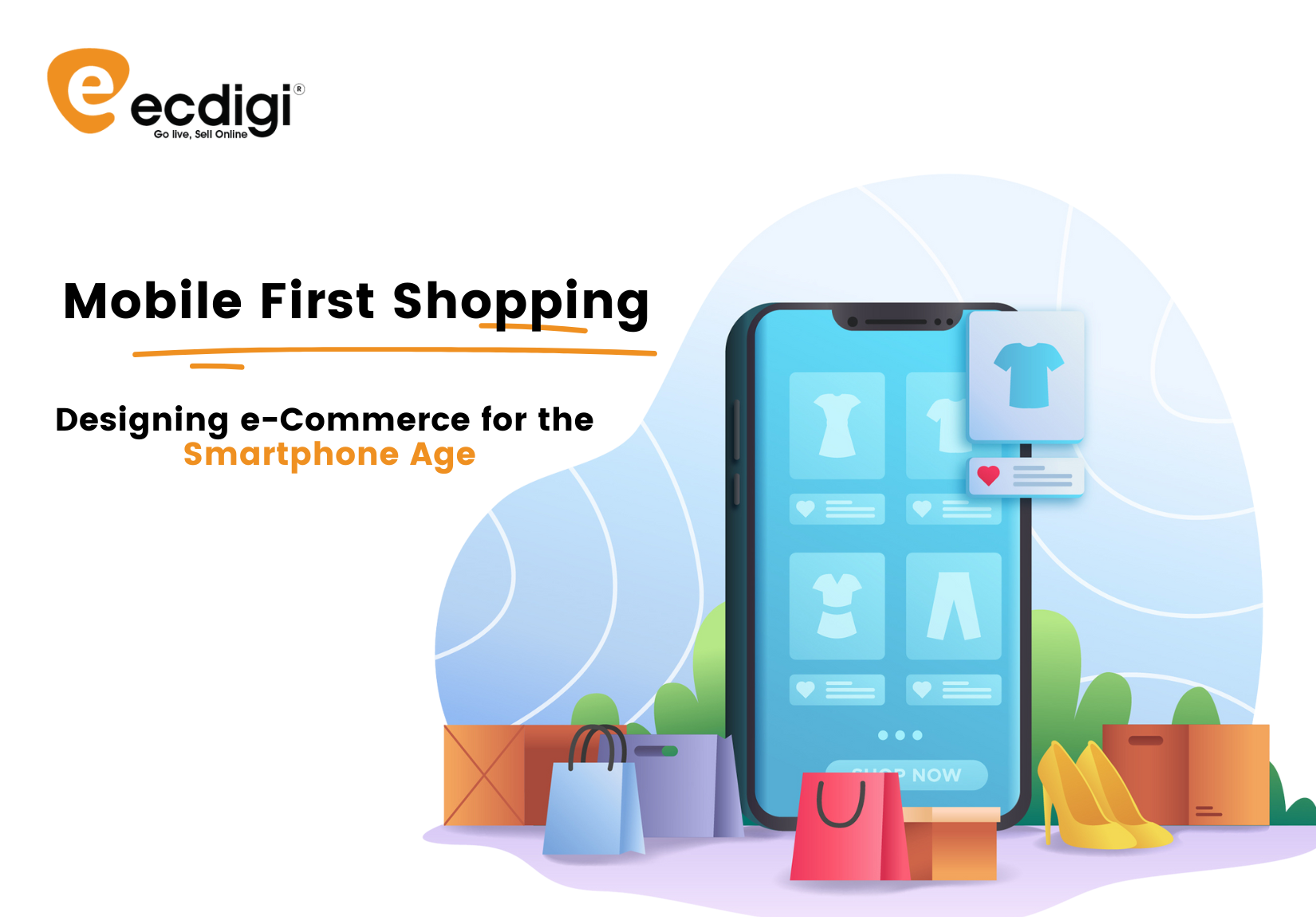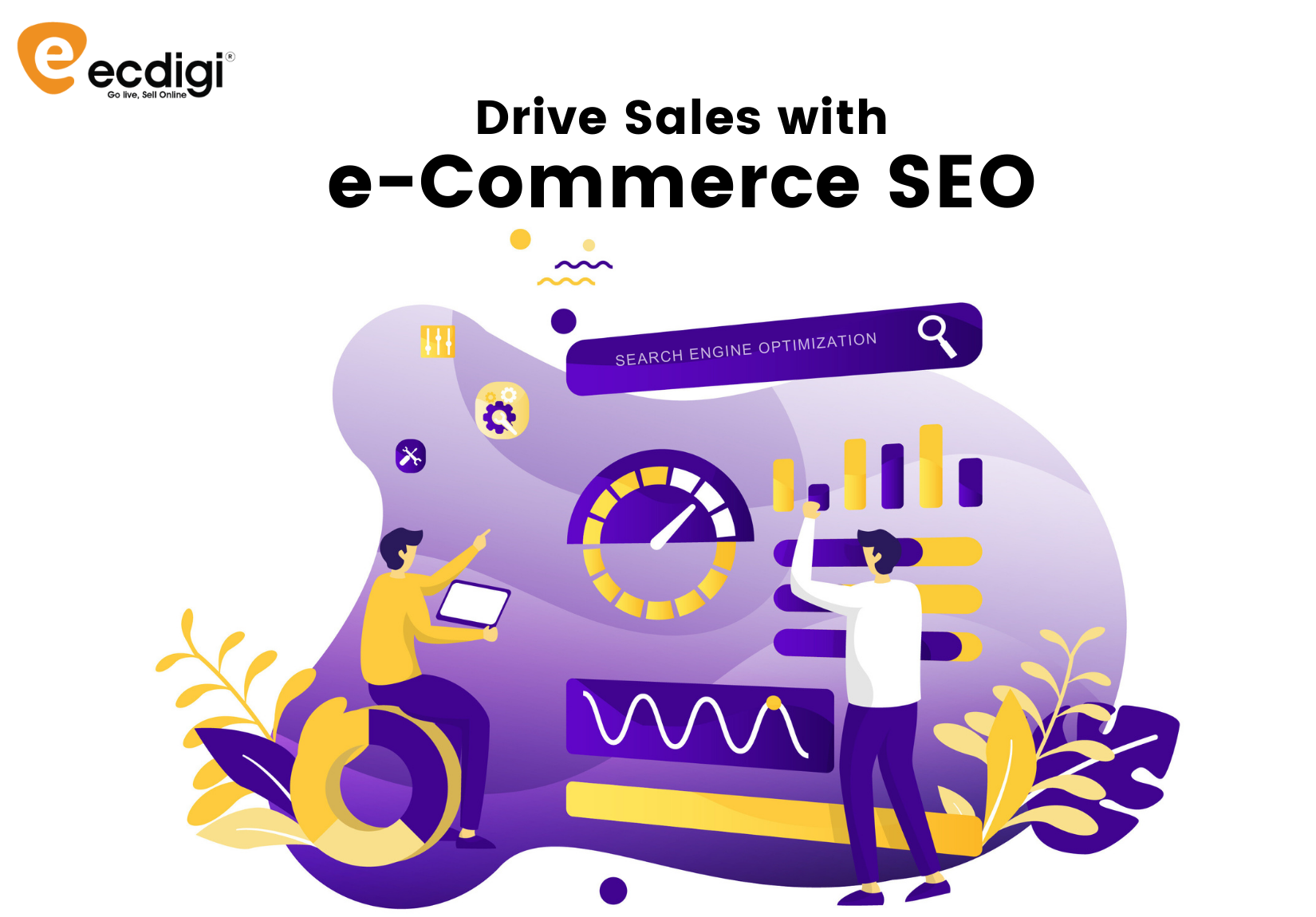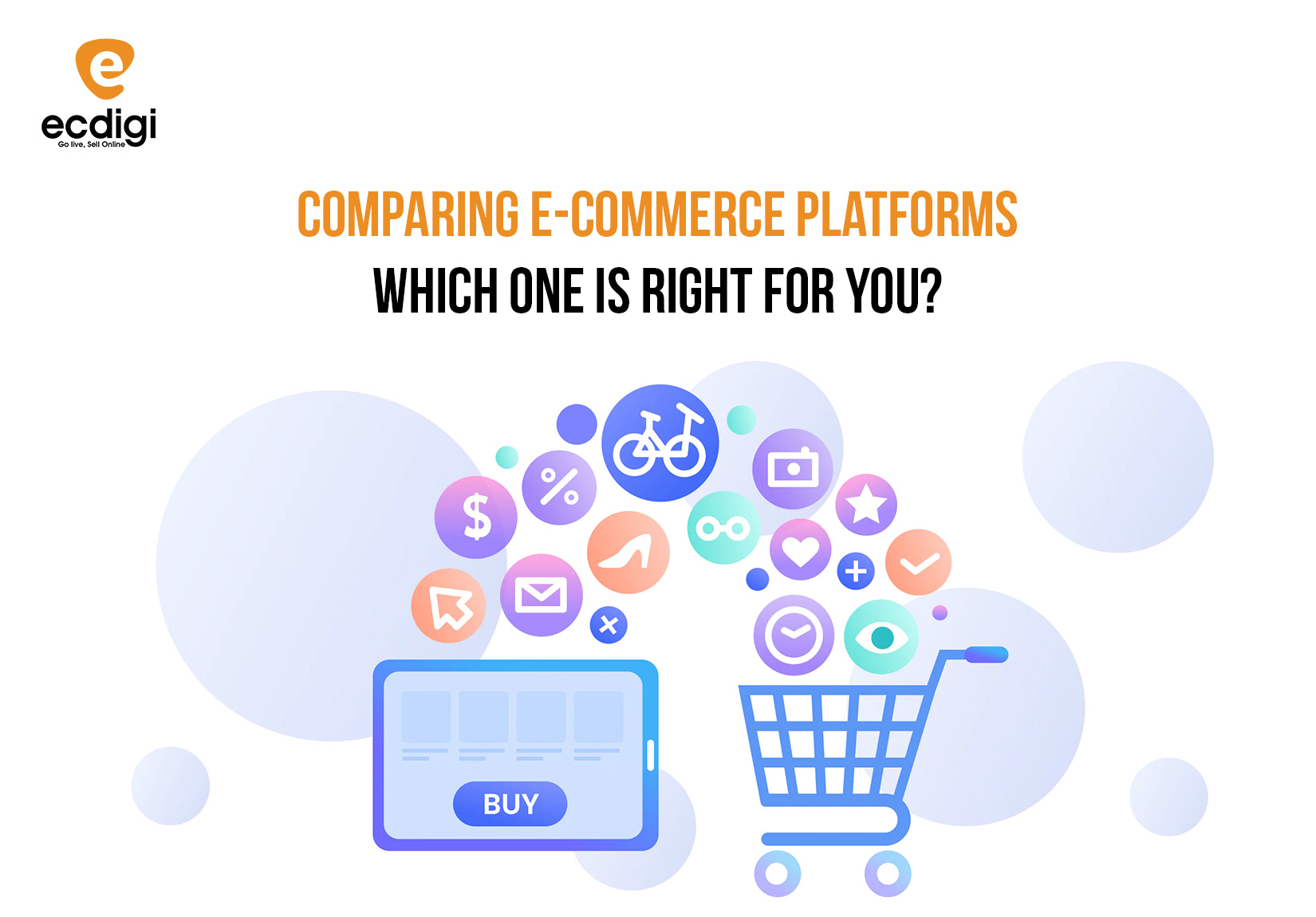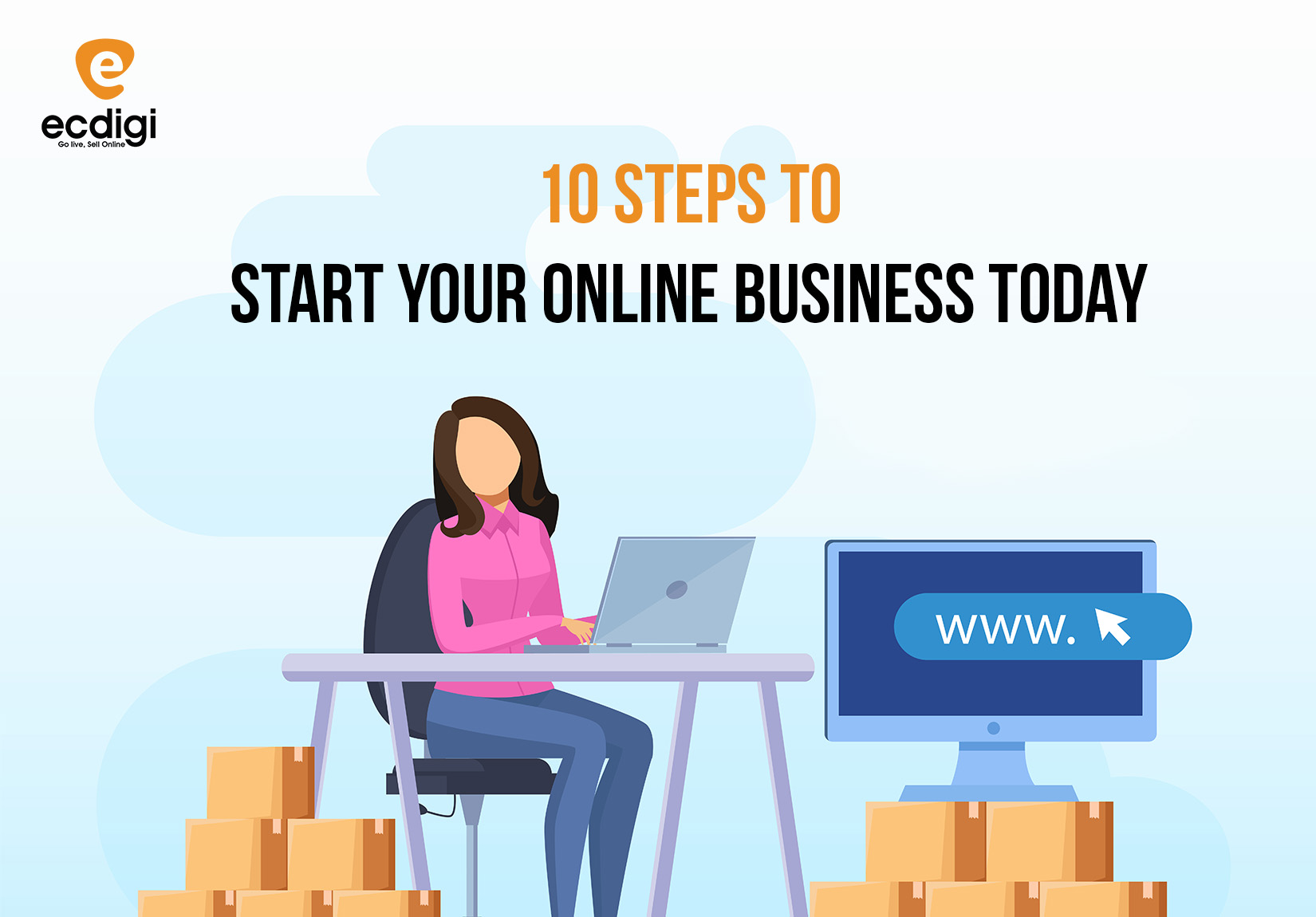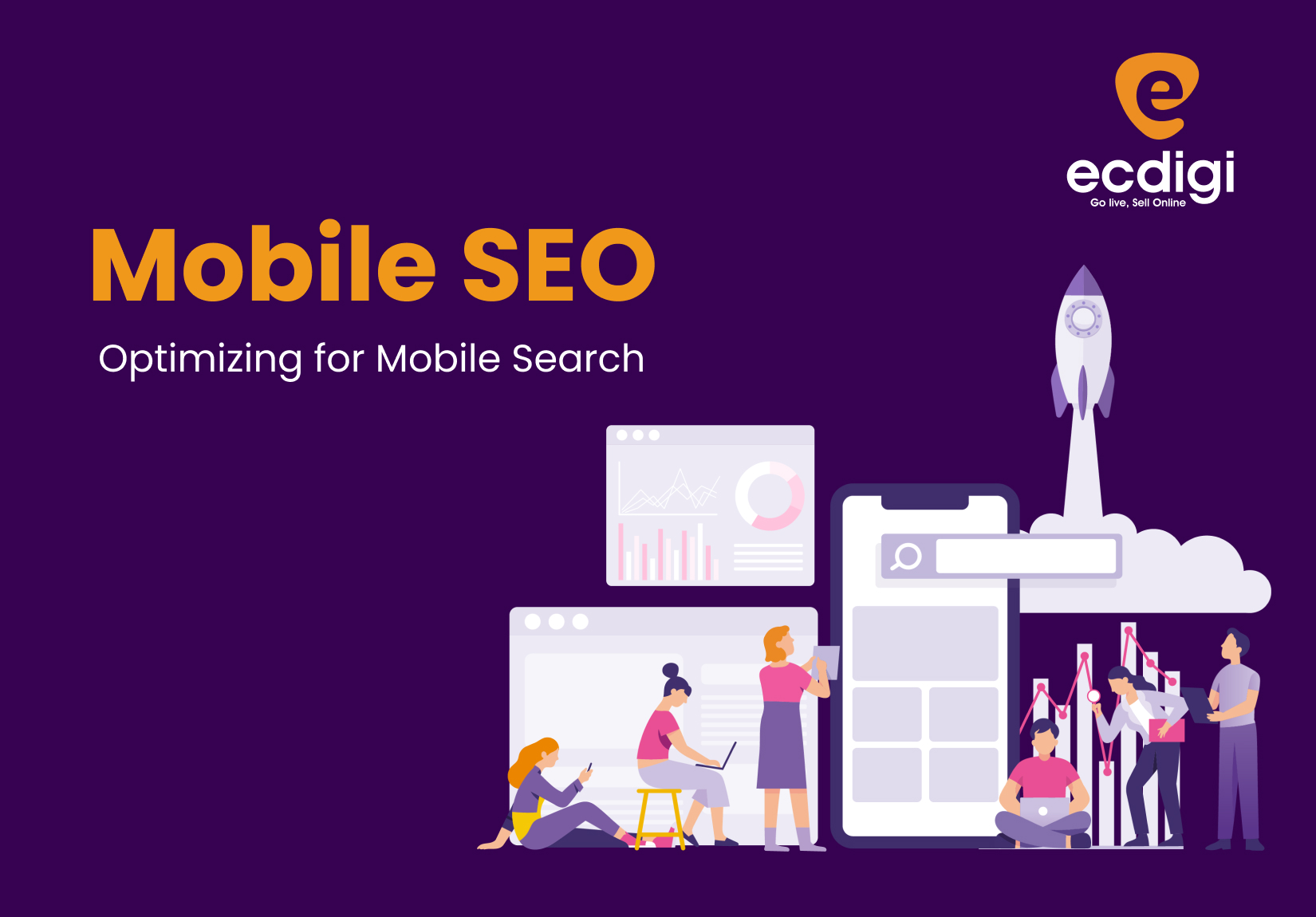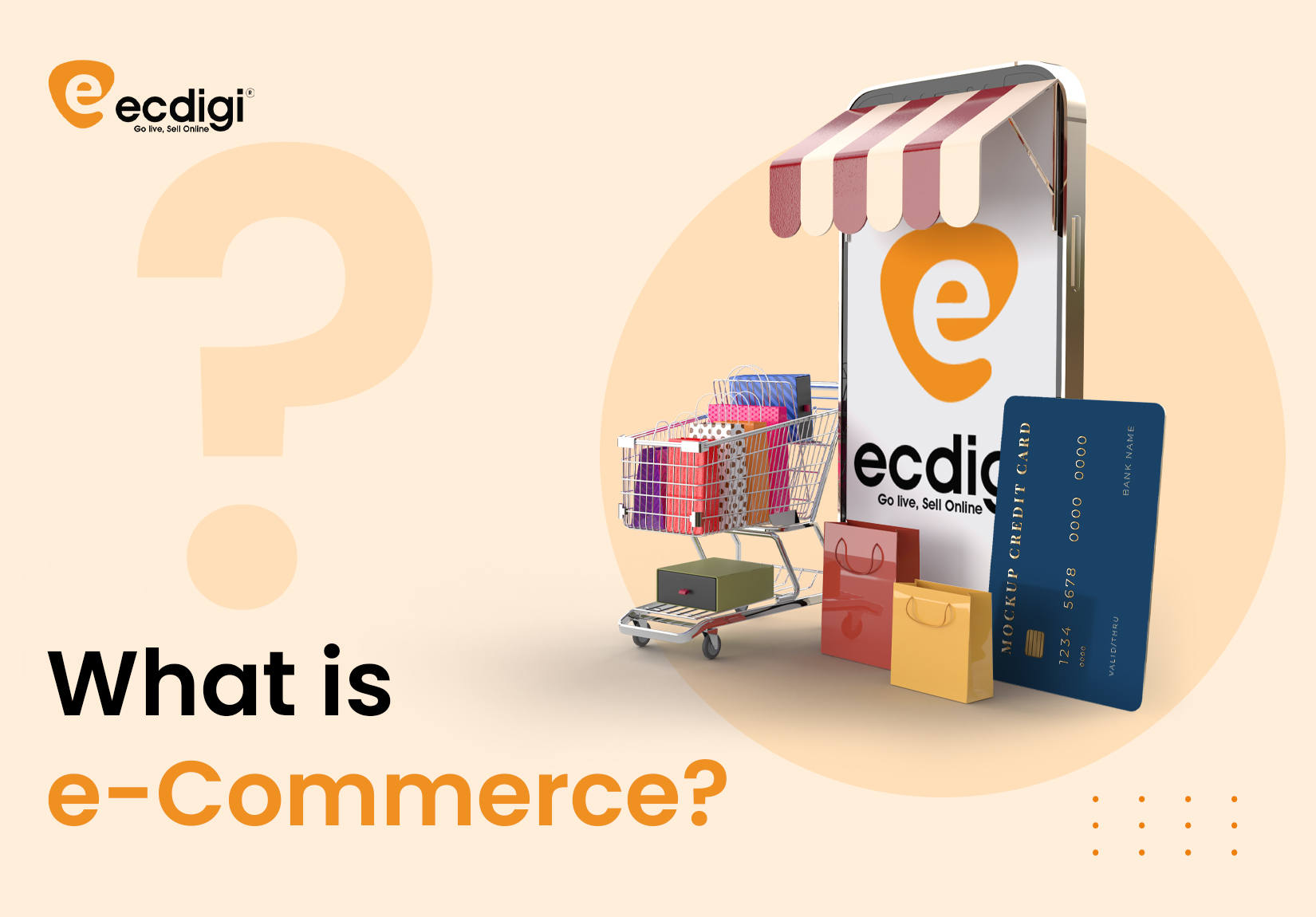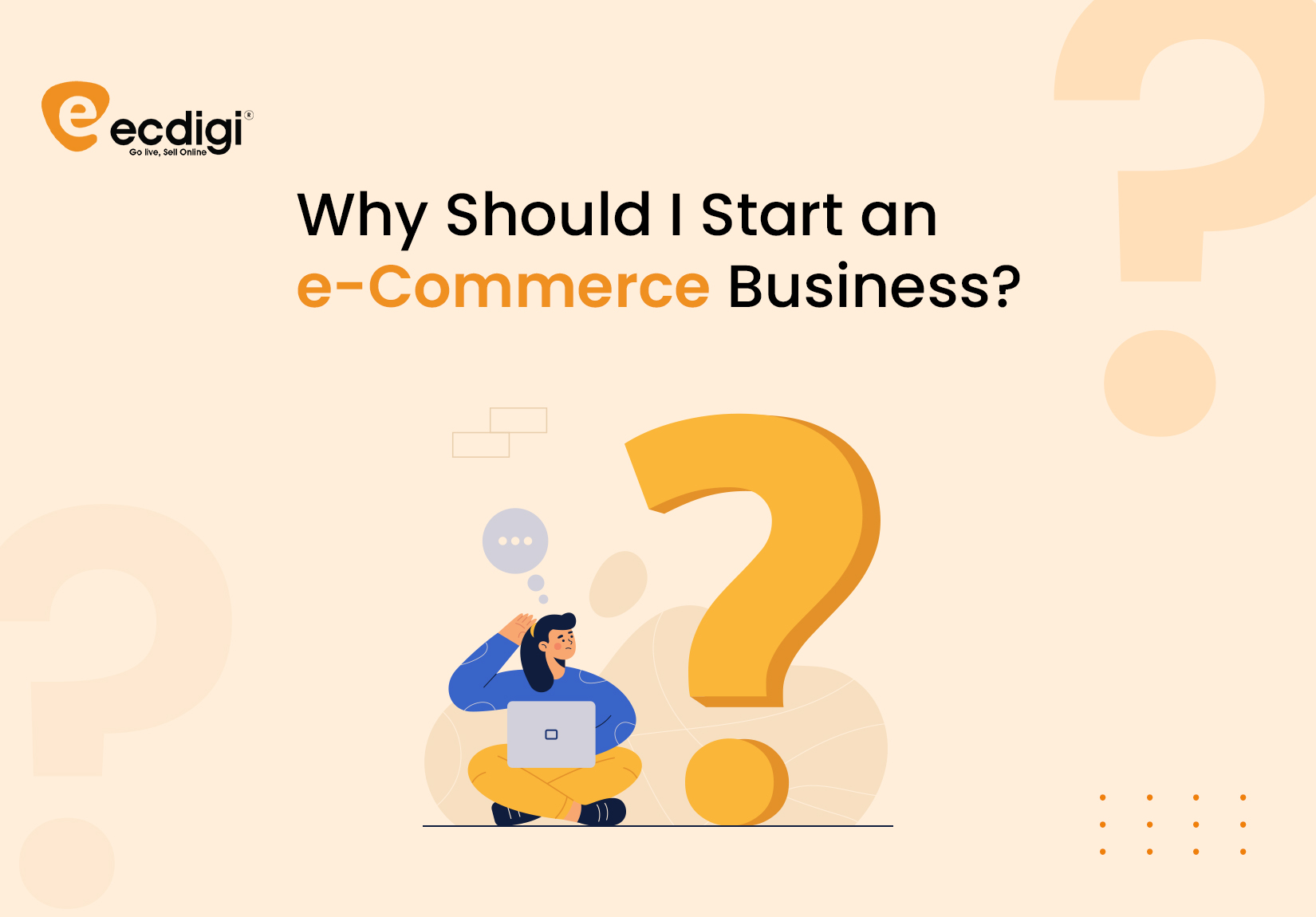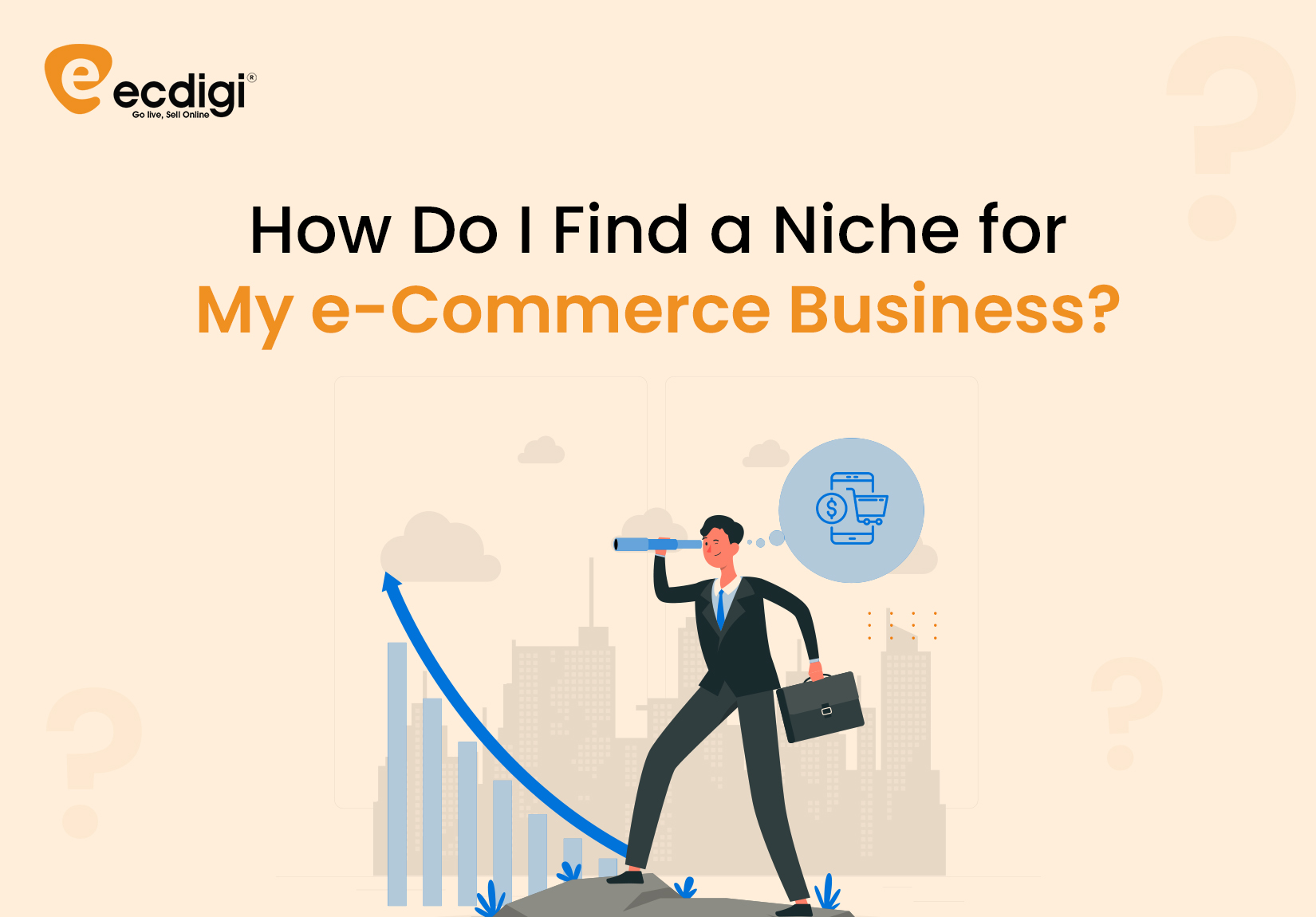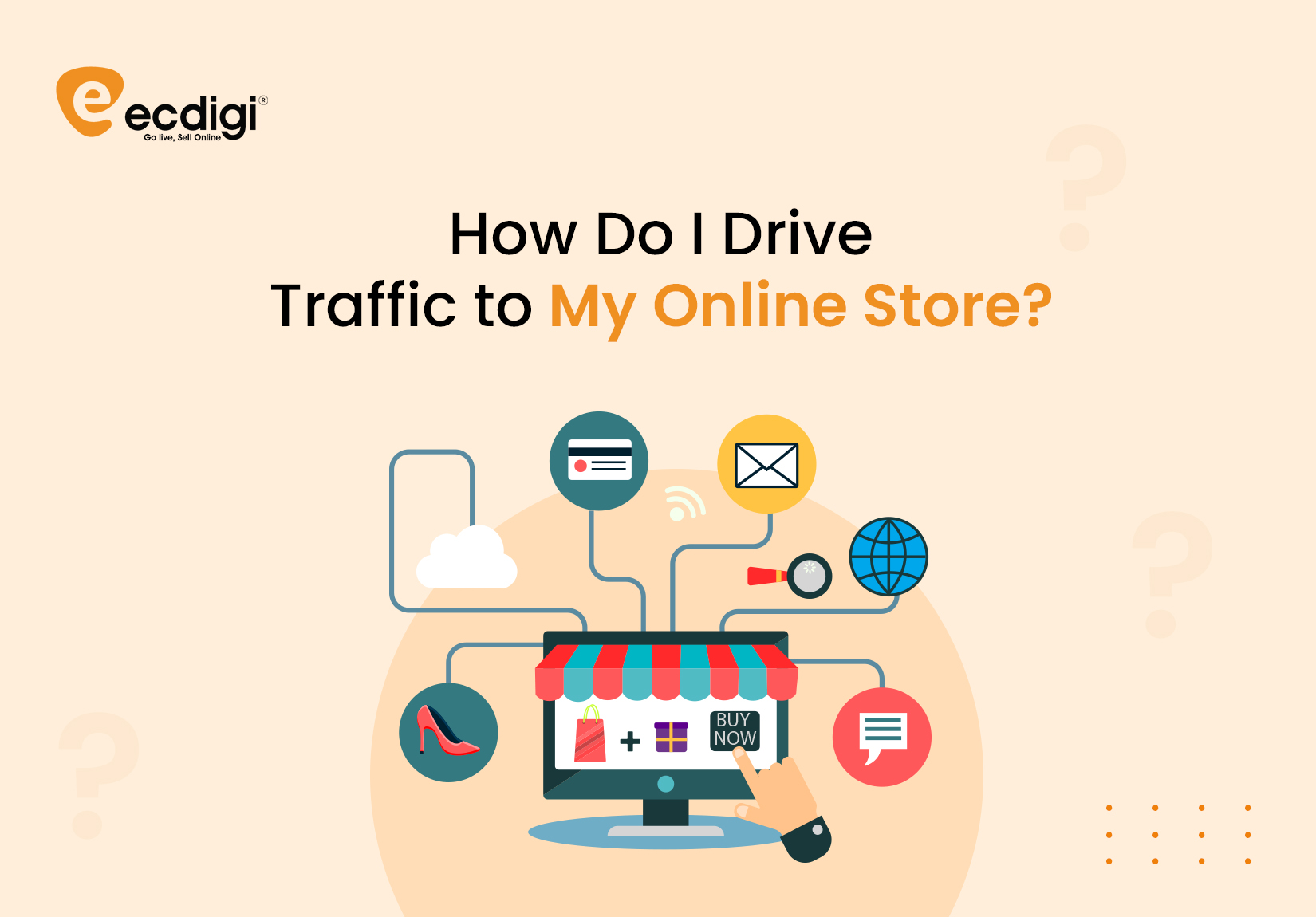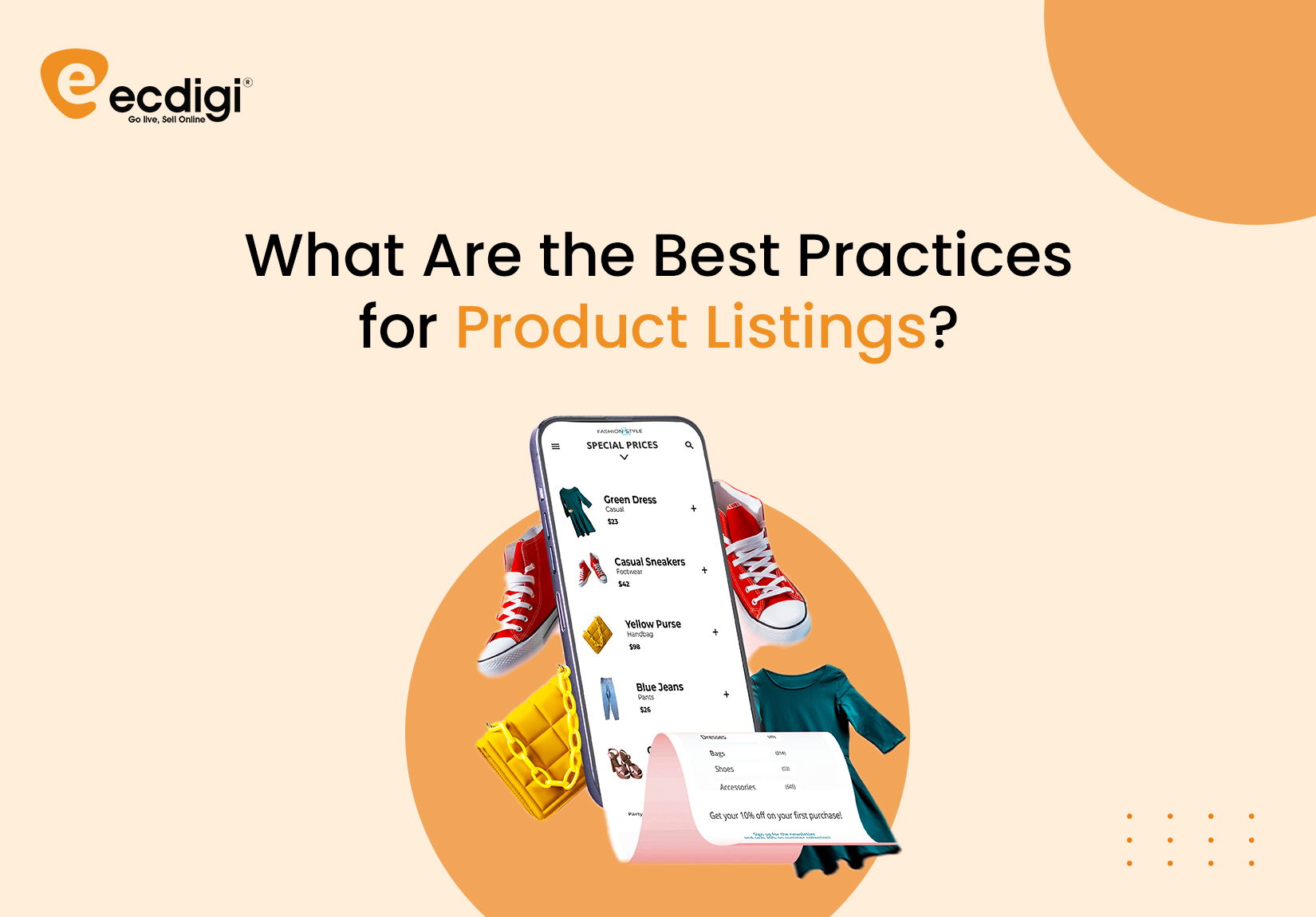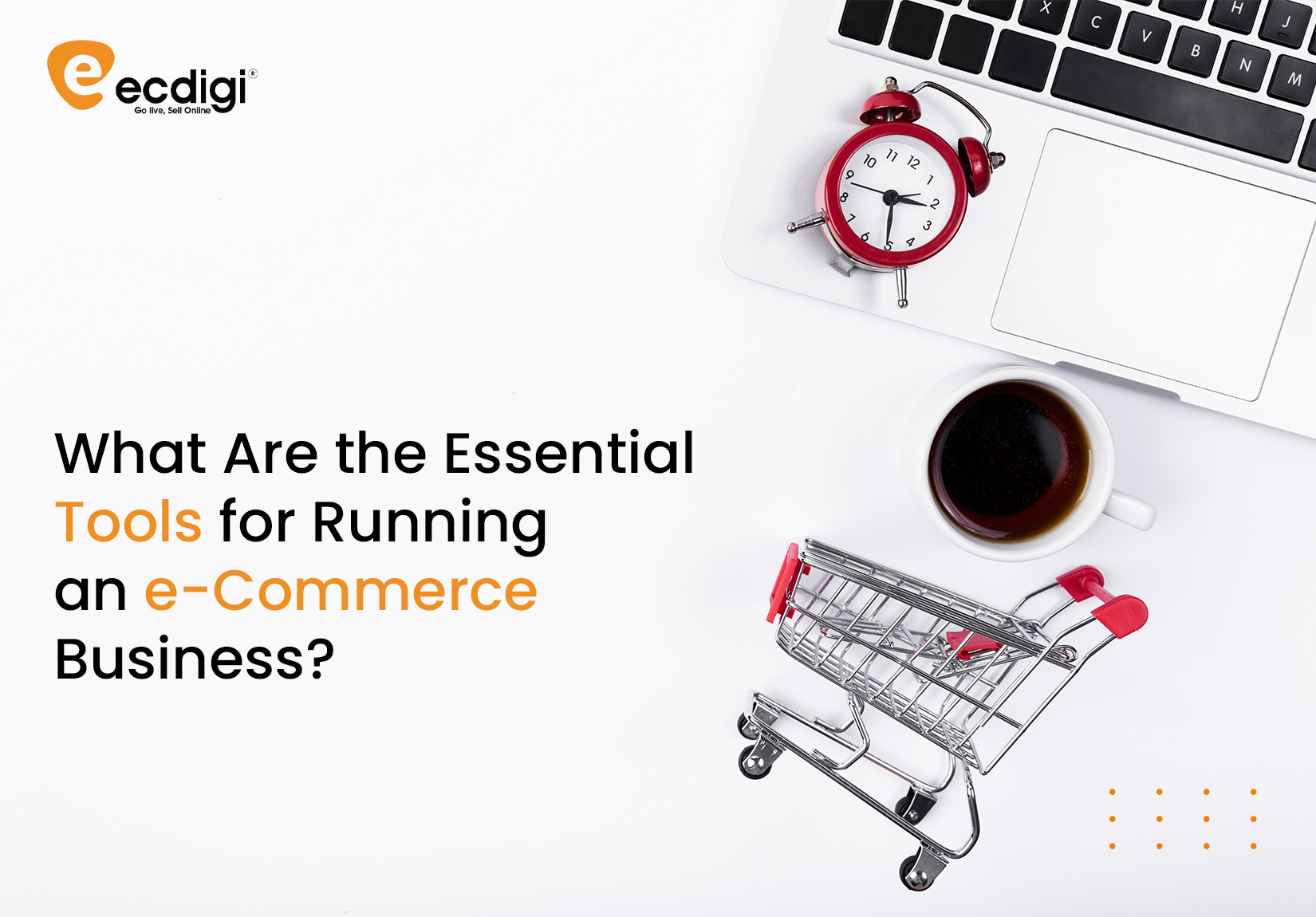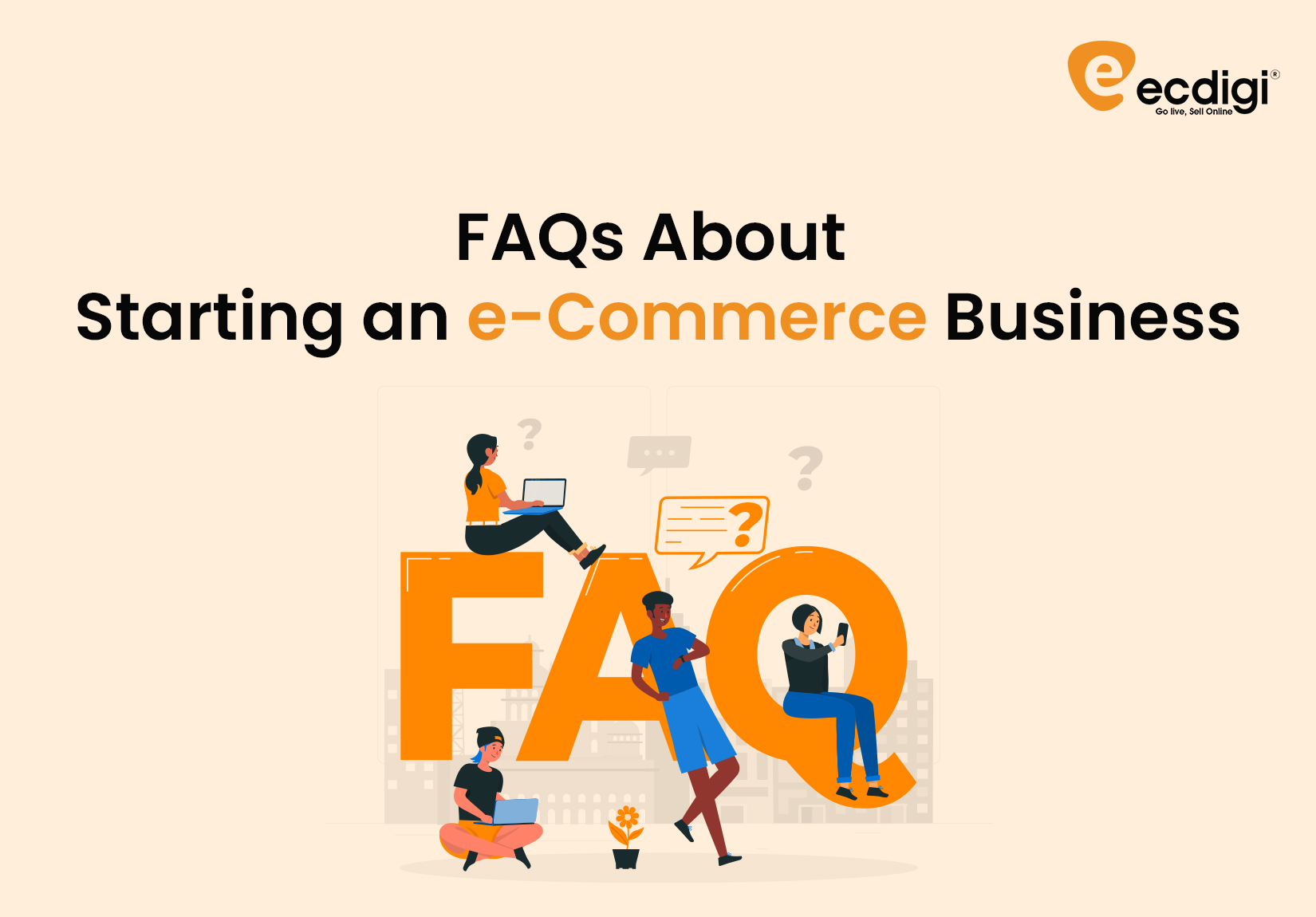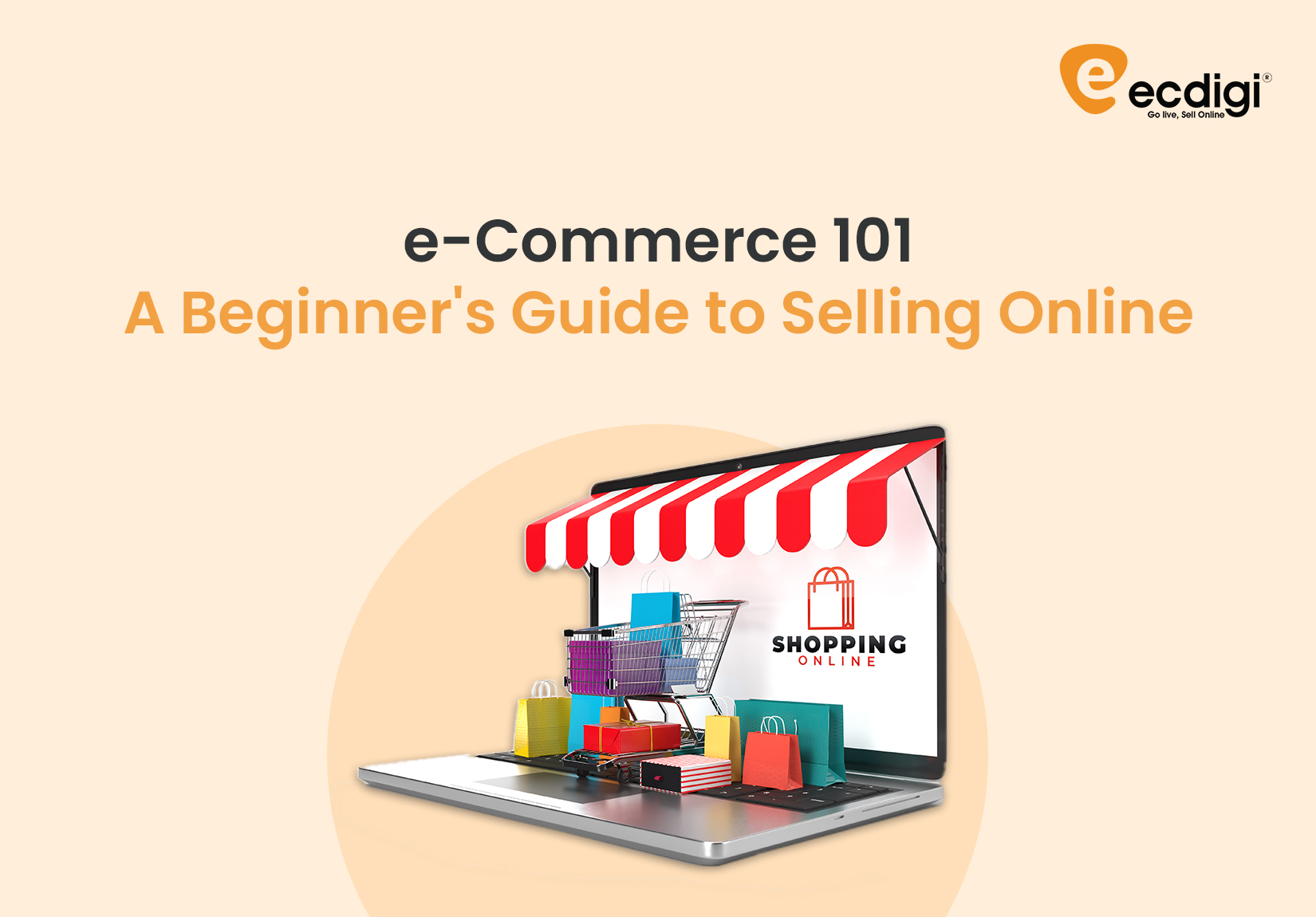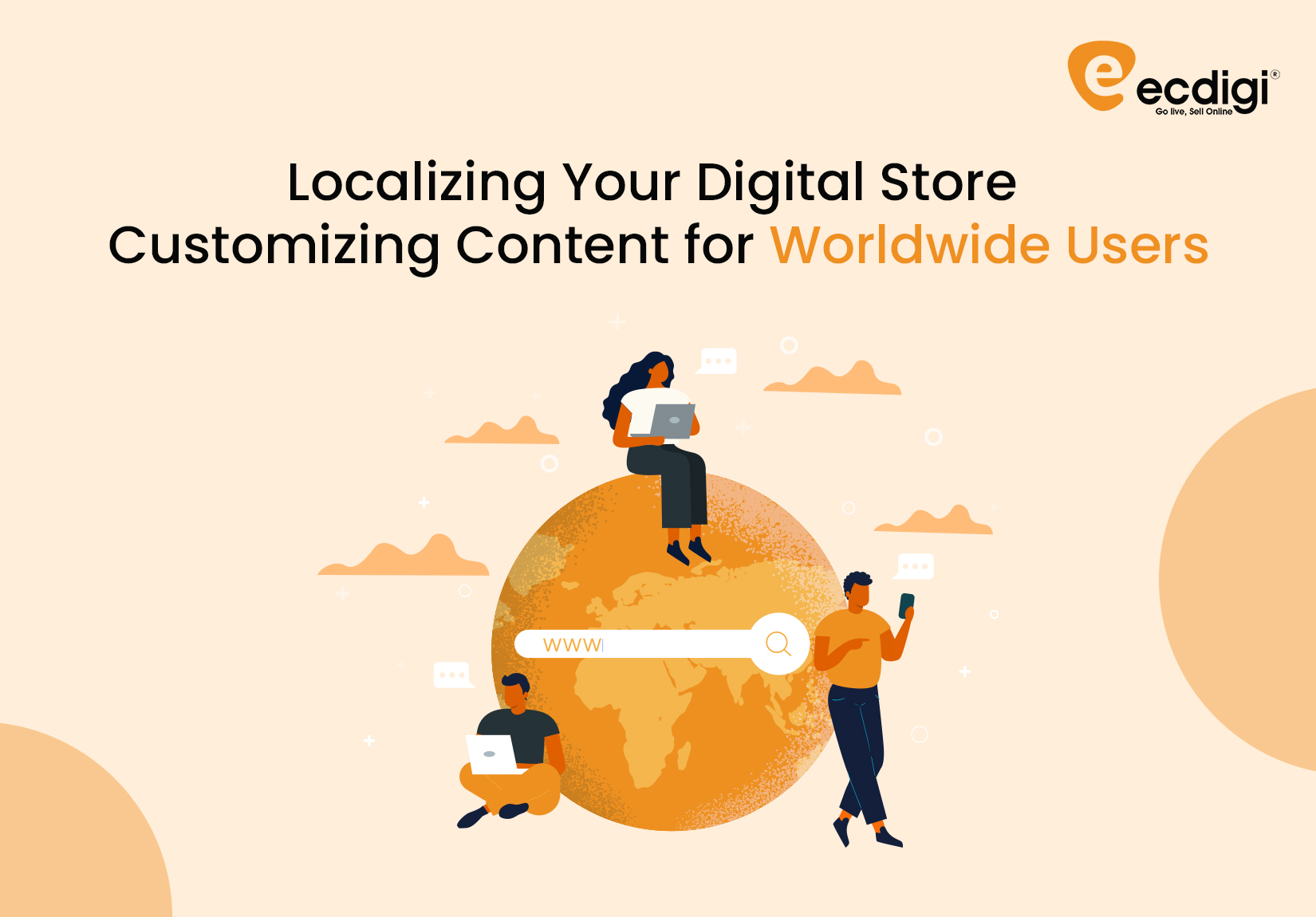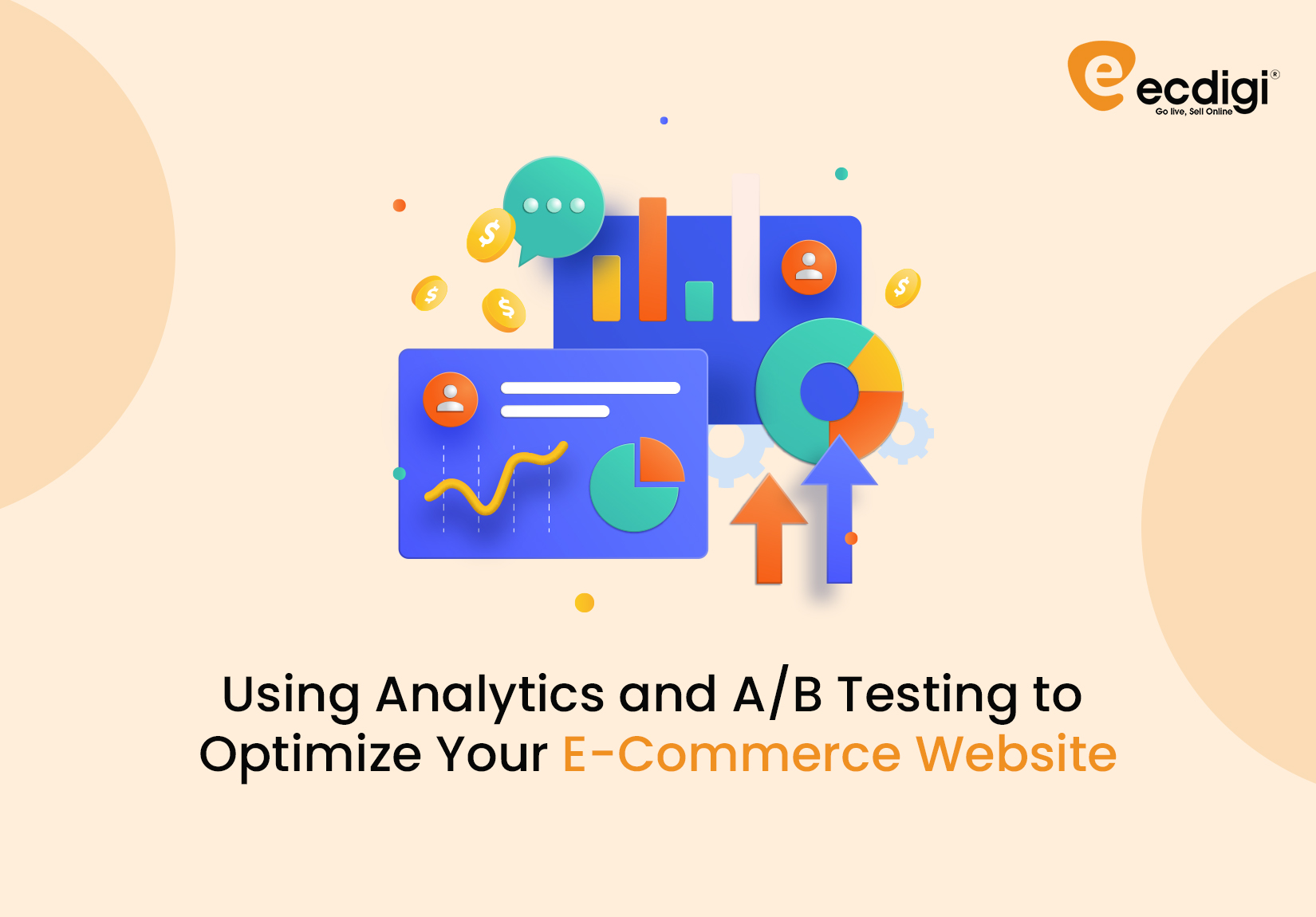How Do I Choose the Right e-Commerce Platform?
e-Commerce FAQ | 01 Aug, 2024
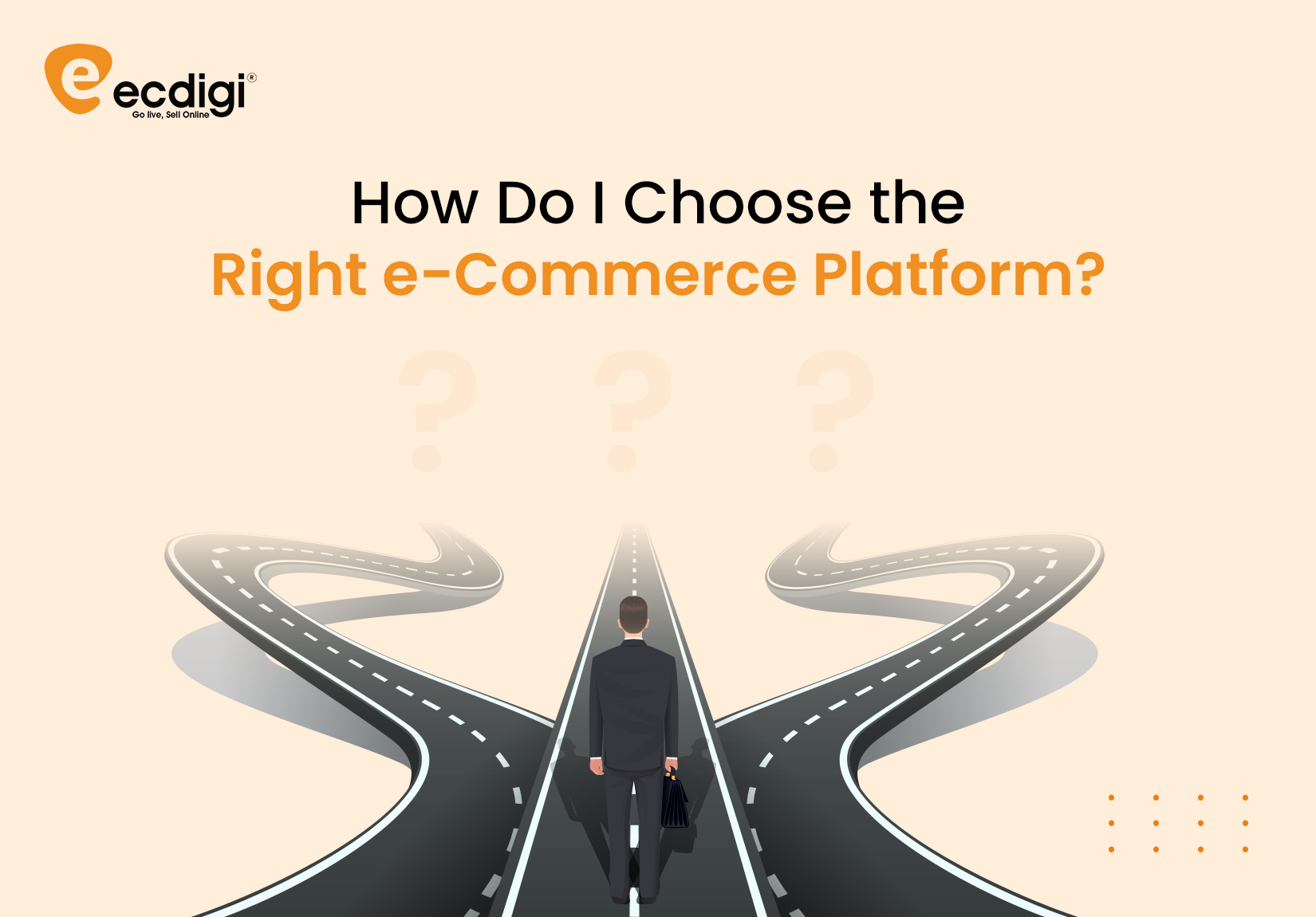
Choosing the right e-Commerce platform is a critical decision that can significantly impact the success of your online business. With numerous options available, each offering different features and capabilities, it's essential to select a platform that aligns with your business goals, technical expertise, and budget. This article will guide you through the key considerations for choosing the right e-Commerce platform and provide an overview of some popular options.
Key Considerations for Choosing an e-Commerce Platform
1. Ease of Use
Every successful business begins with a great idea. Identify what products or services you want to sell online. Your business idea should stem from a combination of passion, expertise, and market demand. Consider conducting market research to understand the needs and preferences of your potential customers and to analyze the competition.
Example:
Platforms like Shopify and ecDigi are known for their simplicity and ease of use. They offer drag-and-drop interfaces, customizable templates, and step-by-step guides, making it easy for beginners to launch their online stores without needing to write code.
2. Customization and Flexibility
Your e-Commerce platform should allow for customization to reflect your brand's unique identity and meet your specific business needs. Look for platforms that offer a variety of themes, templates, and customization options.
Example:
WooCommerce, a WordPress plugin, provides extensive customization options. If you have some technical skills or access to a developer, you can create a highly customized online store that stands out from the competition.
3. Scalability
As your business grows, your e-Commerce platform should be able to scale with you. Consider platforms that can handle increasing traffic, product listings, and sales volumes without compromising performance.
Example:
BigCommerce is designed for scalability. It can support large catalogs and high volumes of traffic, making it an excellent choice for fast-growing businesses.
4. Payment Gateways and Security
Ensure the platform supports multiple payment gateways and offers robust security features to protect customer data and secure transactions. Look for platforms that comply with PCI-DSS (Payment Card Industry Data Security Standard).
Example:
Platforms like Shopify and ecDigi offer integrations with popular payment gateways such as PayPal, Stripe, and Square. They also provide SSL certificates and other security measures to ensure safe and secure transactions.
5. SEO and Marketing Tools
Effective SEO and marketing tools are essential for driving traffic to your online store and improving your search engine rankings. Choose a platform with built-in SEO features and marketing integrations.
Example:
ecDigi offers built-in SEO tools, social media integrations, and email marketing capabilities, allowing you to optimize your store for search engines and connect with your audience through various marketing channels.
6. Customer Support
Reliable customer support is crucial, especially if you encounter technical issues or need assistance setting up your store. Look for platforms that offer comprehensive support through multiple channels such as live chat, email, and phone.
Example:
Shopify is renowned for its excellent customer support, providing 24/7 assistance through live chat, email, and phone. Their extensive knowledge base and community forums also offer valuable resources for troubleshooting and learning.
7. Cost
Consider the cost of the platform, including subscription fees, transaction fees, and any additional costs for plugins or extensions. Ensure the pricing aligns with your budget and offers good value for the features provided.
Example:
While Shopify and BigCommerce charge monthly subscription fees, WooCommerce is a free plugin. However, with WooCommerce, you may incur additional costs for hosting, domain registration, and premium themes or plugins.
Overview of Popular e-Commerce Platforms
1. ecDigi
Pros:
-
 User-friendly and easy to set up
User-friendly and easy to set up
-
 Customizable templates
Customizable templates
-
 Scalable and secure
Scalable and secure
-
 Built-in SEO and marketing tools
Built-in SEO and marketing tools
-
 Excellent customer support
Excellent customer support
Cons:
-
 Limited to features offered by the platform
Limited to features offered by the platform
2. Shopify
Pros:
-
 Intuitive interface and easy to use
Intuitive interface and easy to use
-
 Wide range of themes and apps
Wide range of themes and apps
-
 Reliable 24/7 customer support
Reliable 24/7 customer support
-
 Supports multiple payment gateways
Supports multiple payment gateways
-
 Scalable for growing businesses
Scalable for growing businesses
Cons:
-
 Monthly subscription fees
Monthly subscription fees
-
 Transaction fees unless using Shopify Payments
Transaction fees unless using Shopify Payments
3. WooCommerce
Pros:
-
 Highly customizable with numerous themes and plugins
Highly customizable with numerous themes and plugins
-
 Free to use (requires WordPress)
Free to use (requires WordPress)
-
 Large community and extensive documentation
Large community and extensive documentation
-
 Supports multiple payment gateways
Supports multiple payment gateways
-
 Good for SEO
Good for SEO
Cons:
-
 Requires more technical skills
Requires more technical skills
-
 Additional costs for hosting and premium plugins
Additional costs for hosting and premium plugins
4. BigCommerce
Pros:
-
 Robust features for large or fast-growing businesses
Robust features for large or fast-growing businesses
-
 No transaction fees
No transaction fees
-
 Excellent scalability
Excellent scalability
-
 Built-in SEO and marketing tools
Built-in SEO and marketing tools
-
 Reliable customer support
Reliable customer support
Cons:
-
 Higher monthly subscription fees
Higher monthly subscription fees
-
 Can be complex for beginners
Can be complex for beginners
5. Magento
Pros:
-
 Highly customizable and powerful
Highly customizable and powerful
-
 Supports large catalogs and high traffic volumes
Supports large catalogs and high traffic volumes
-
 Extensive range of features and integrations
Extensive range of features and integrations
-
 Strong community support
Strong community support
Cons:
-
 Requires significant technical expertise
Requires significant technical expertise
-
 Higher costs for hosting and maintenance
Higher costs for hosting and maintenance
-
 Can be complex to set up and manage
Can be complex to set up and manage
Conclusion
Choosing the right e-Commerce platform is a crucial step in building a successful online store. By considering factors such as ease of use, customization, scalability, payment gateways, security, SEO tools, customer support, and cost, you can select a platform that aligns with your business goals and technical capabilities.
Whether you opt for a user-friendly platform like ecDigi or Shopify, a customizable option like WooCommerce, or a scalable solution like BigCommerce, the right choice will set the foundation for your e-Commerce success. Take the time to evaluate your needs, explore different platforms, and leverage free trials or demos to make an informed decision. With the right platform, you can create a seamless shopping experience for your customers and drive your online business to new heights.


